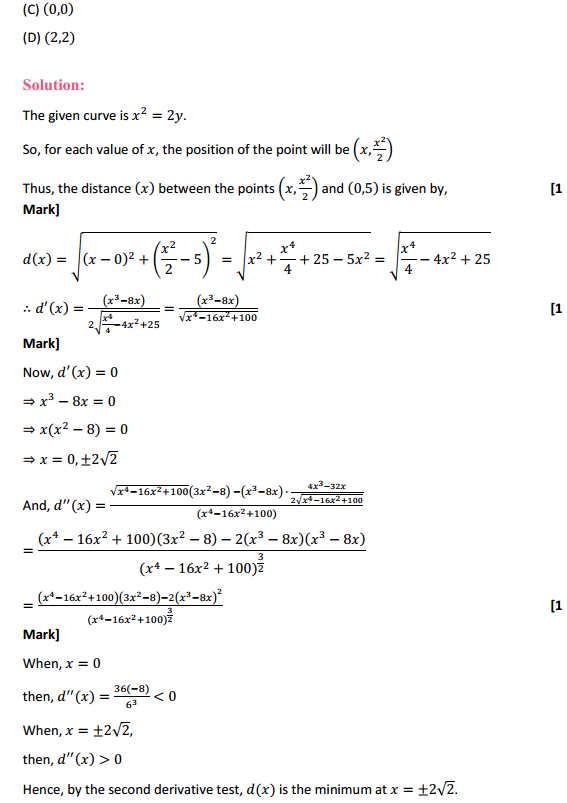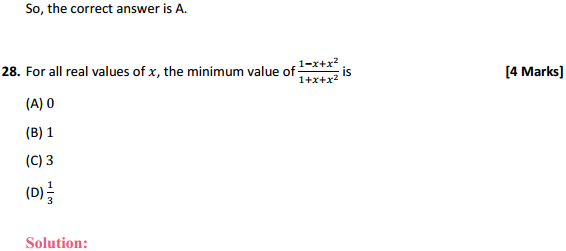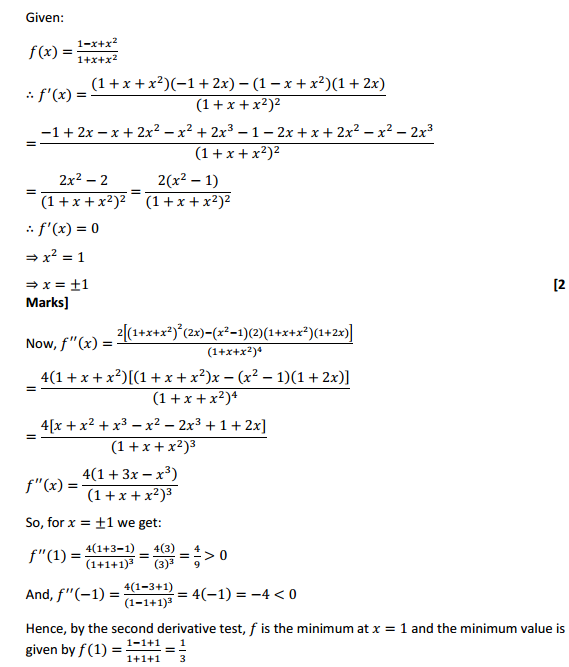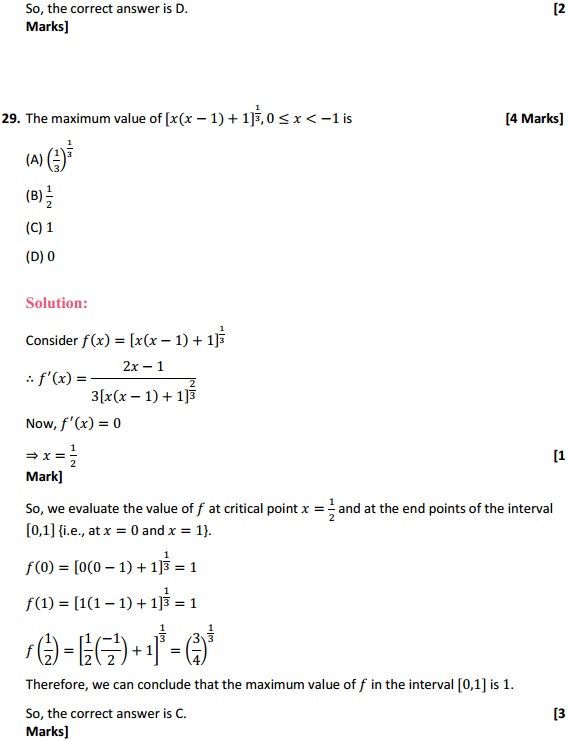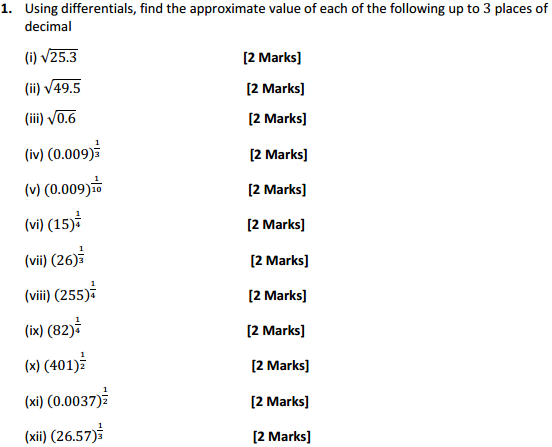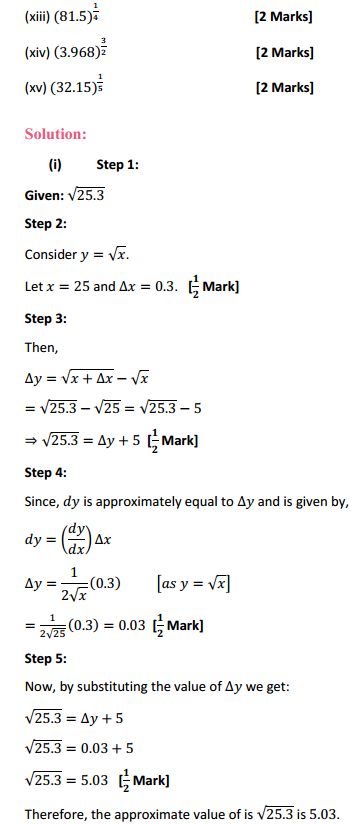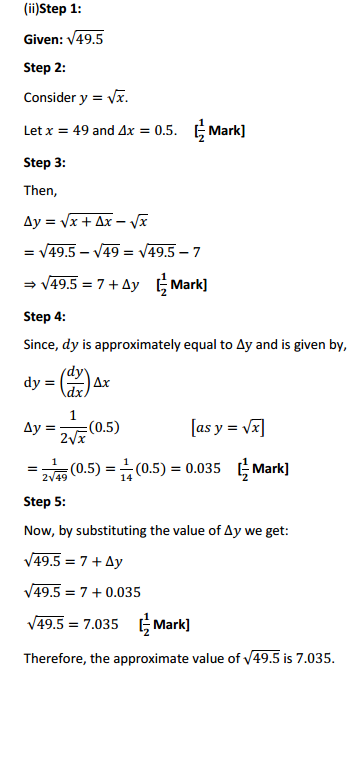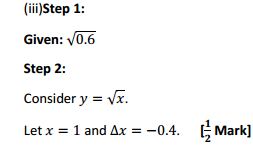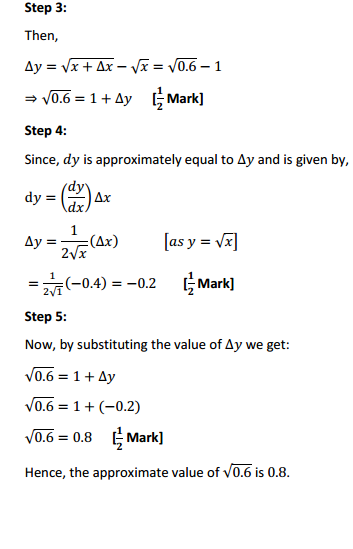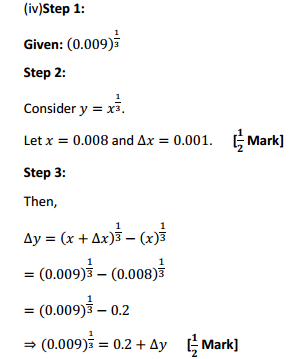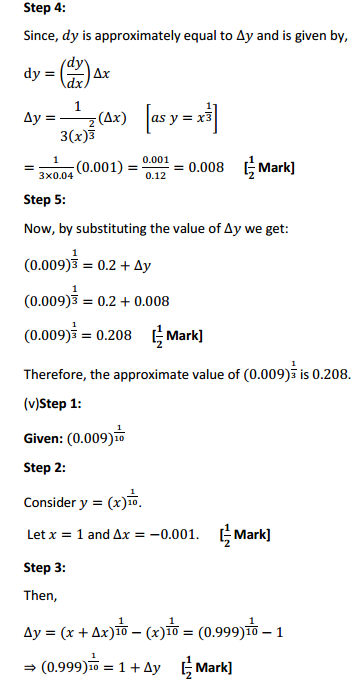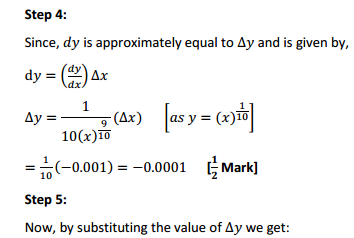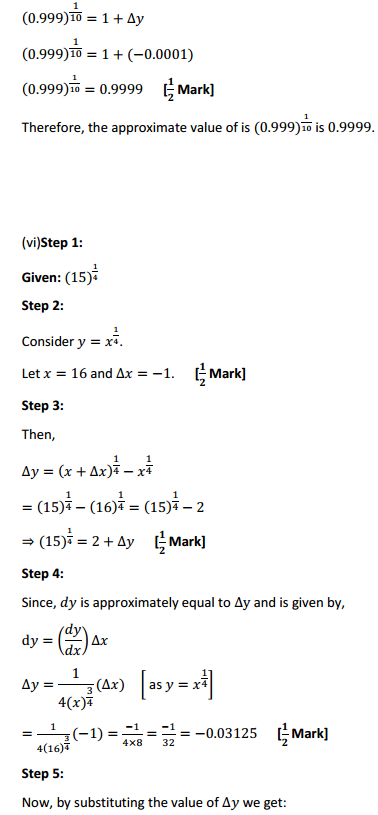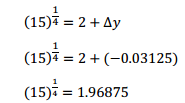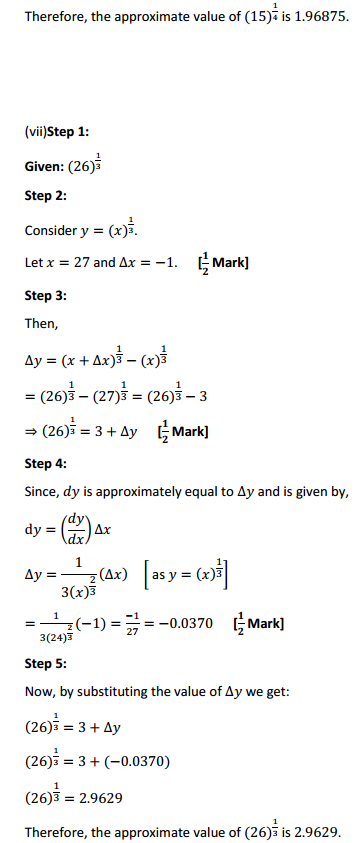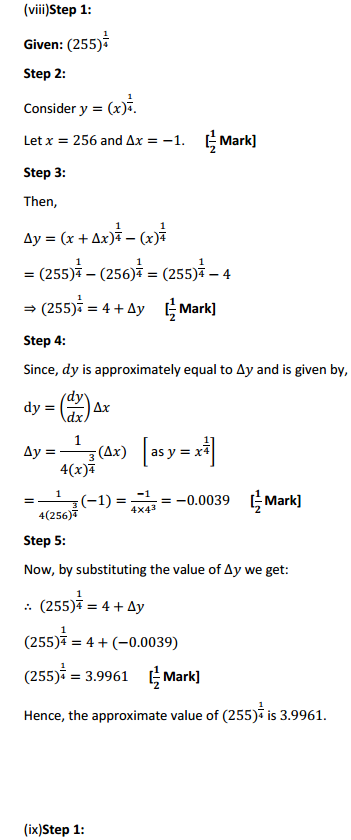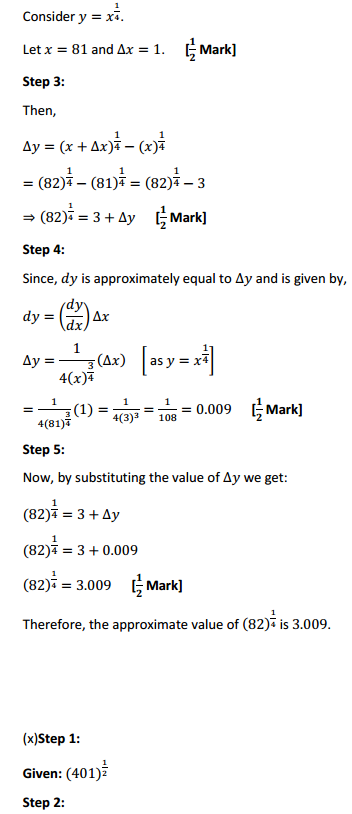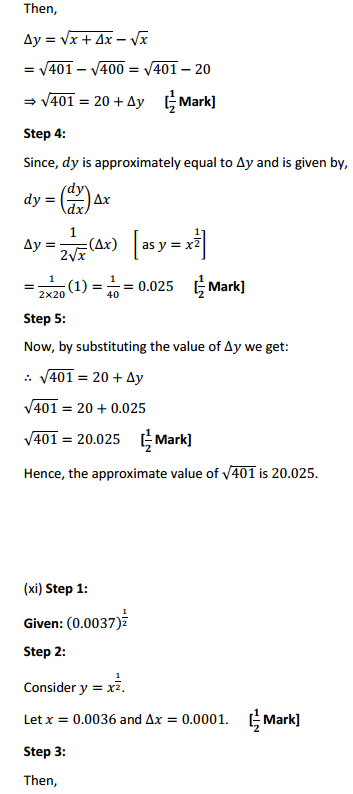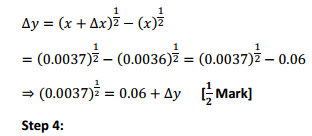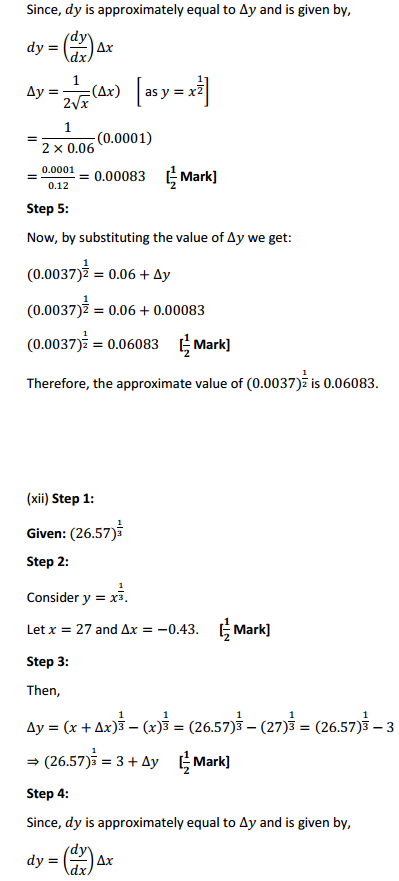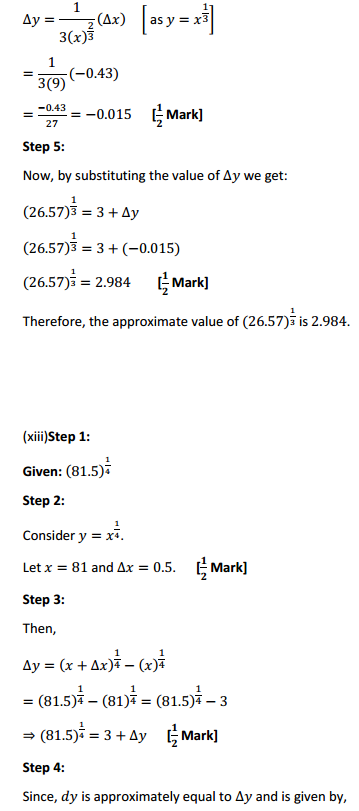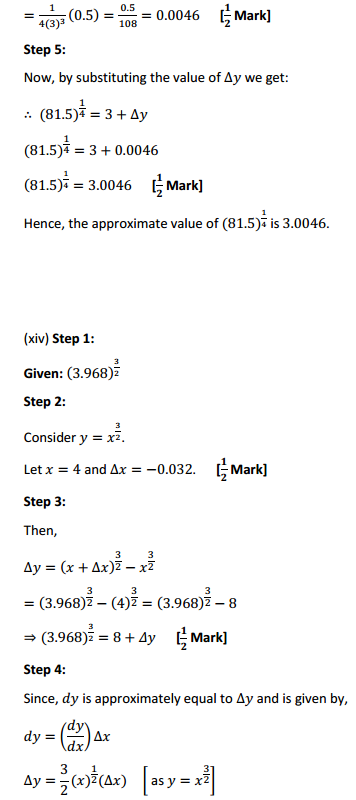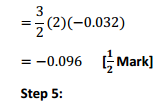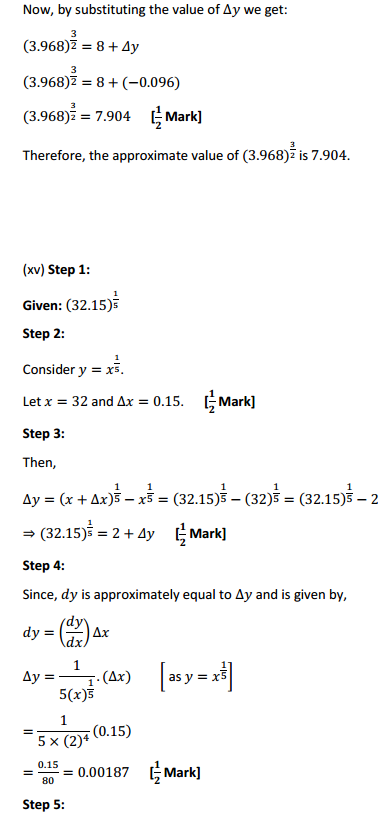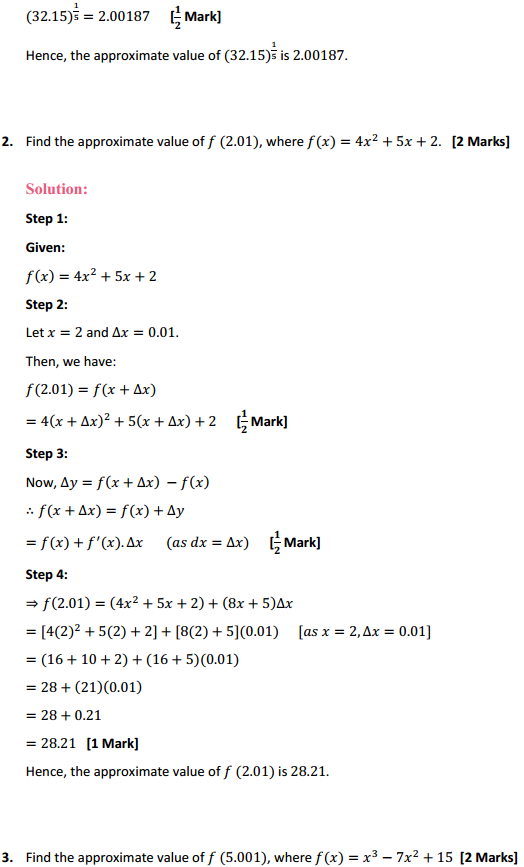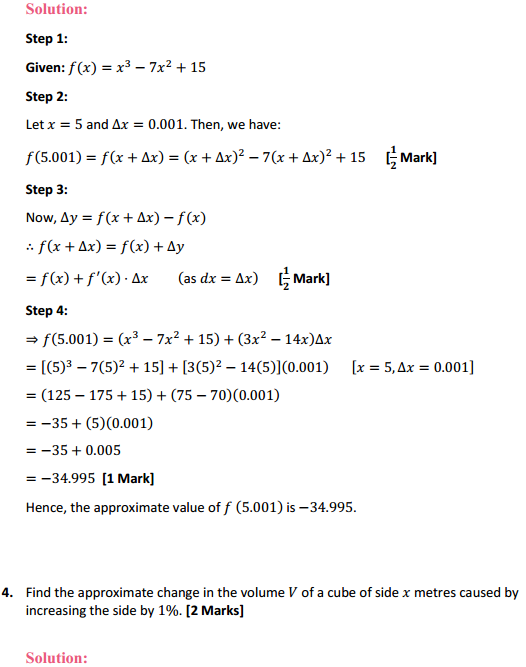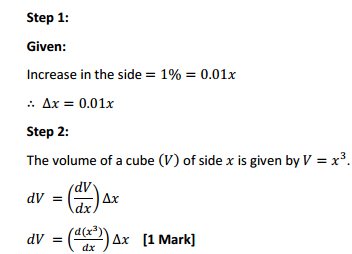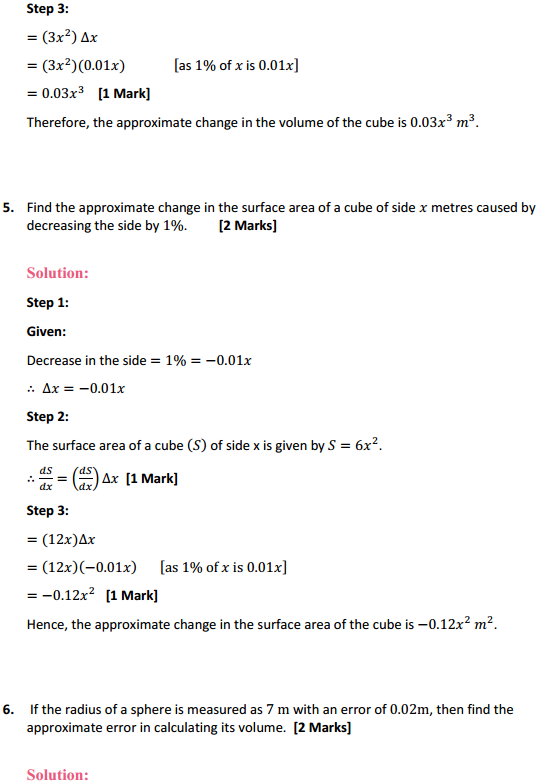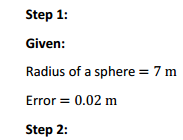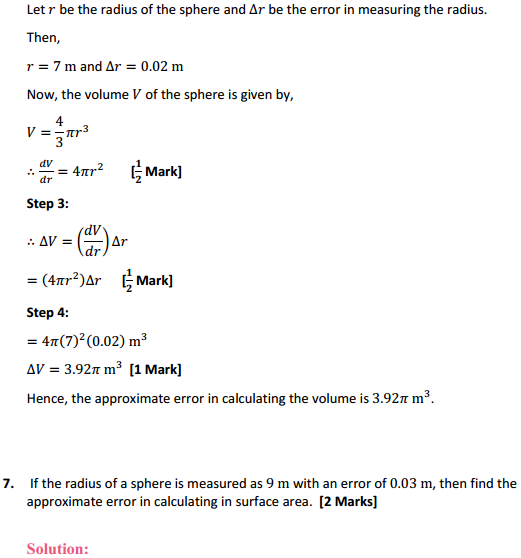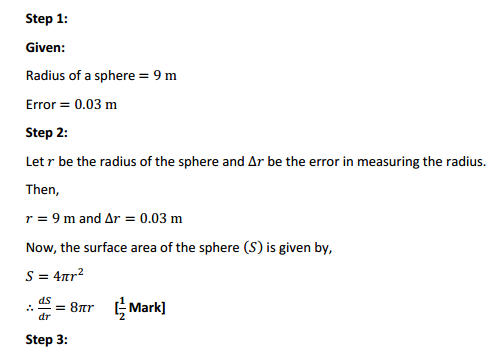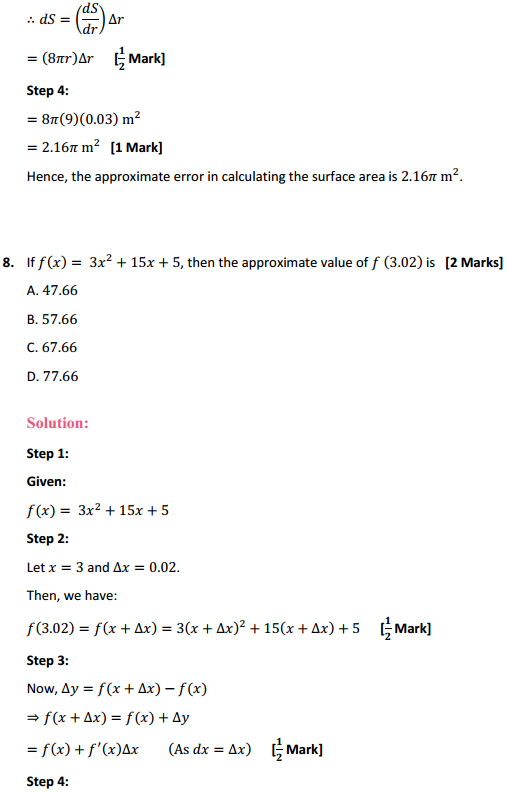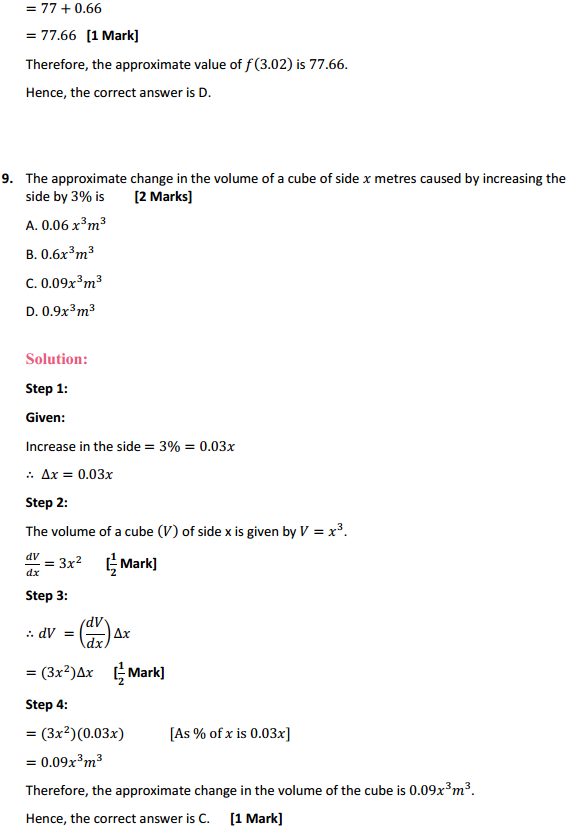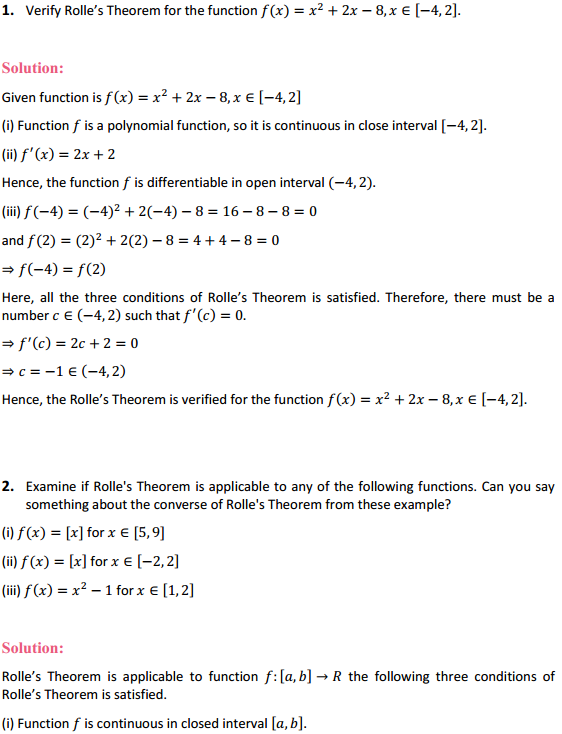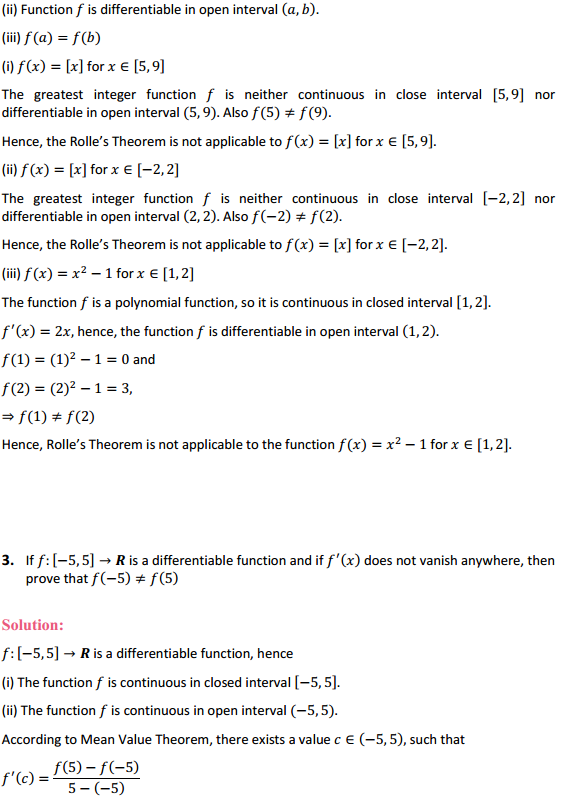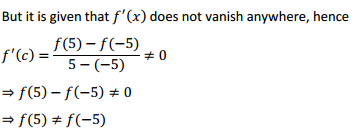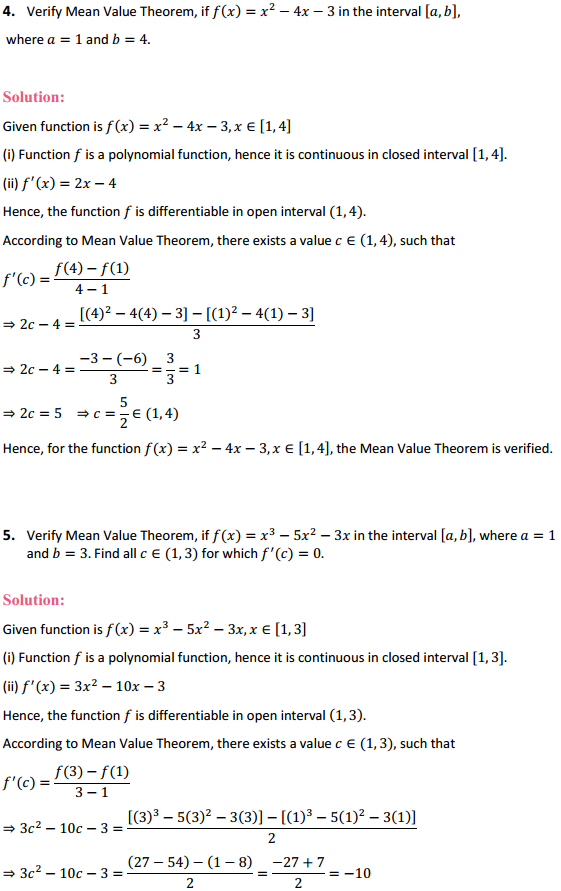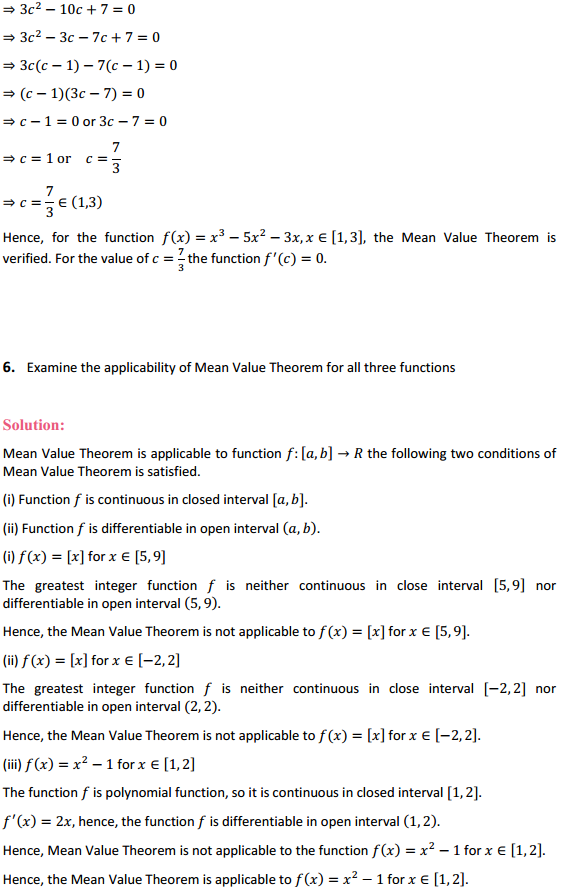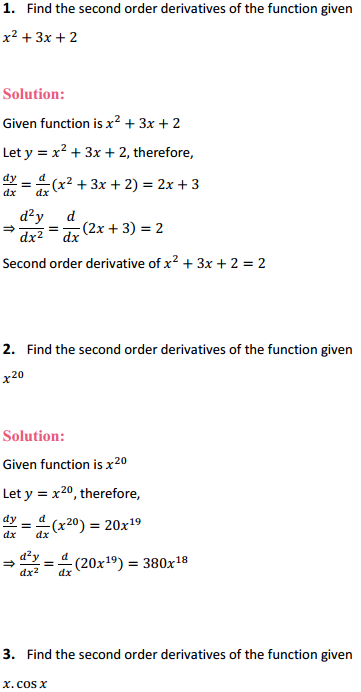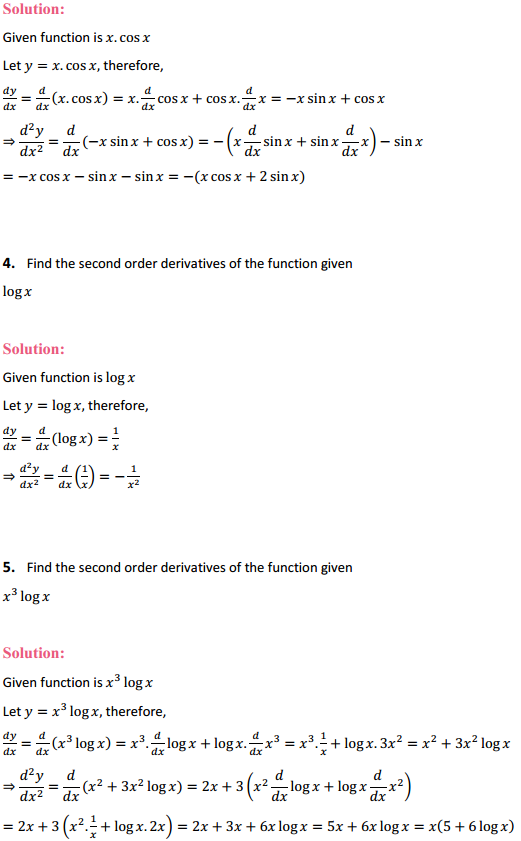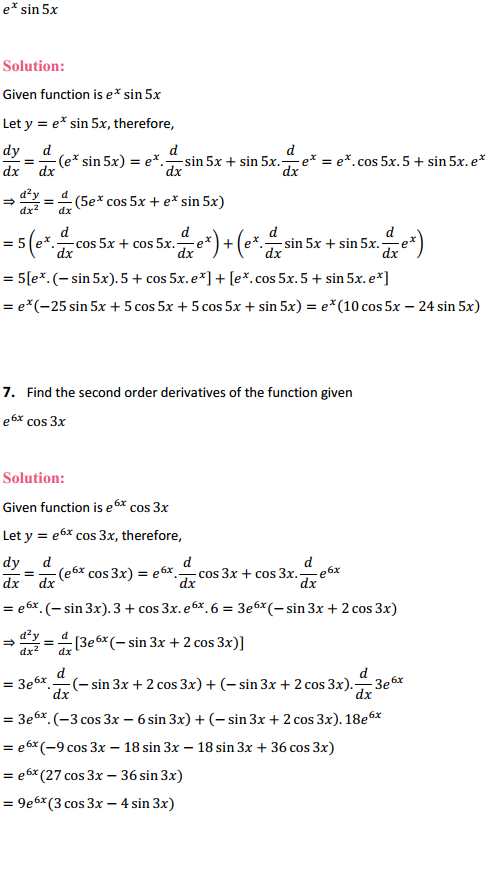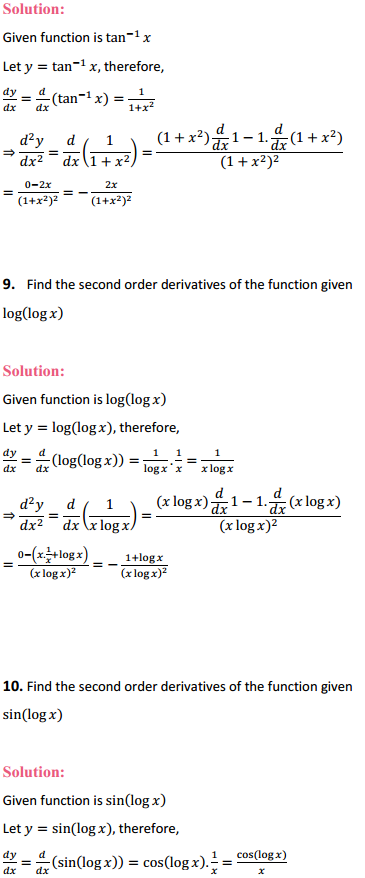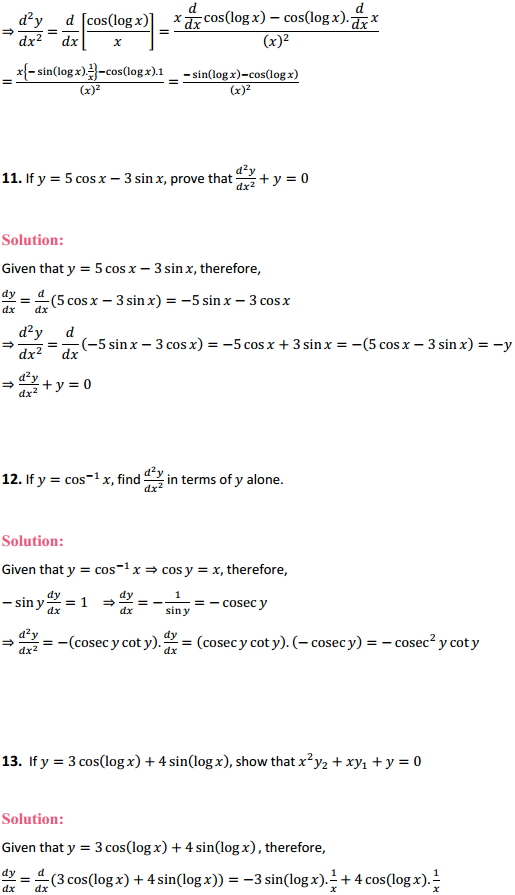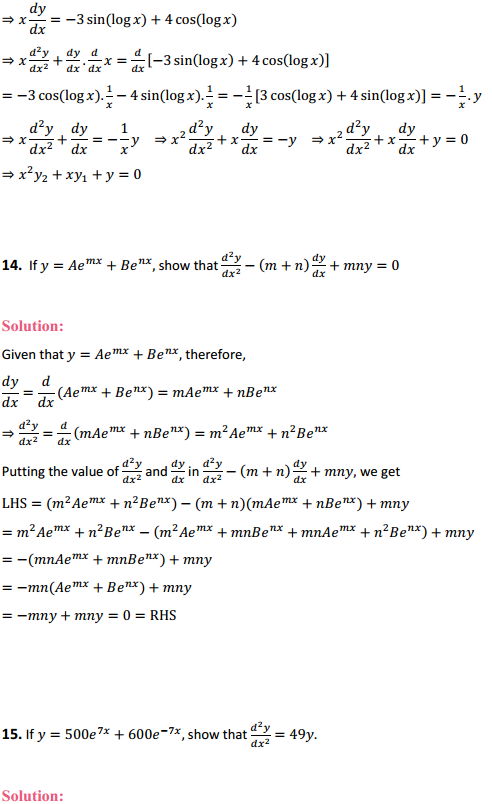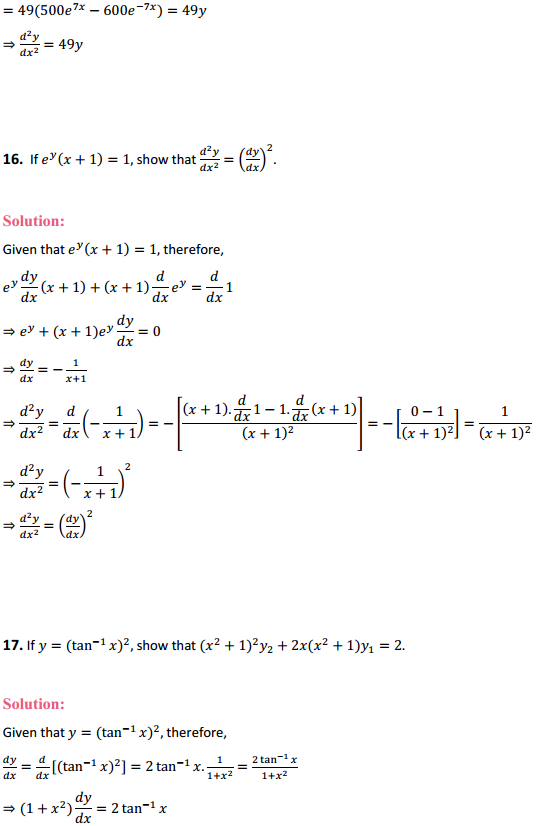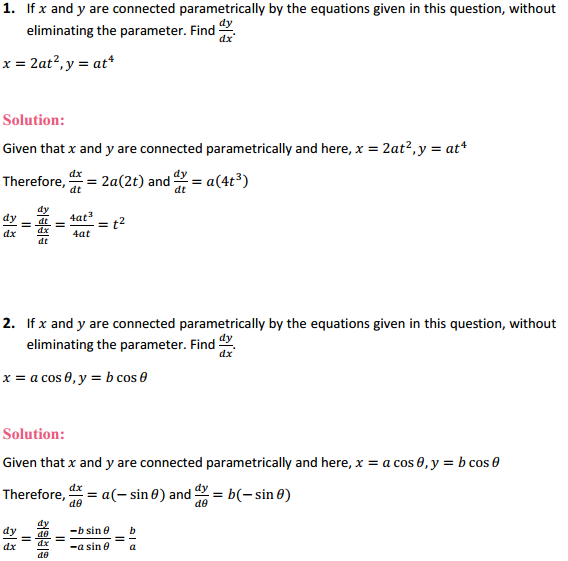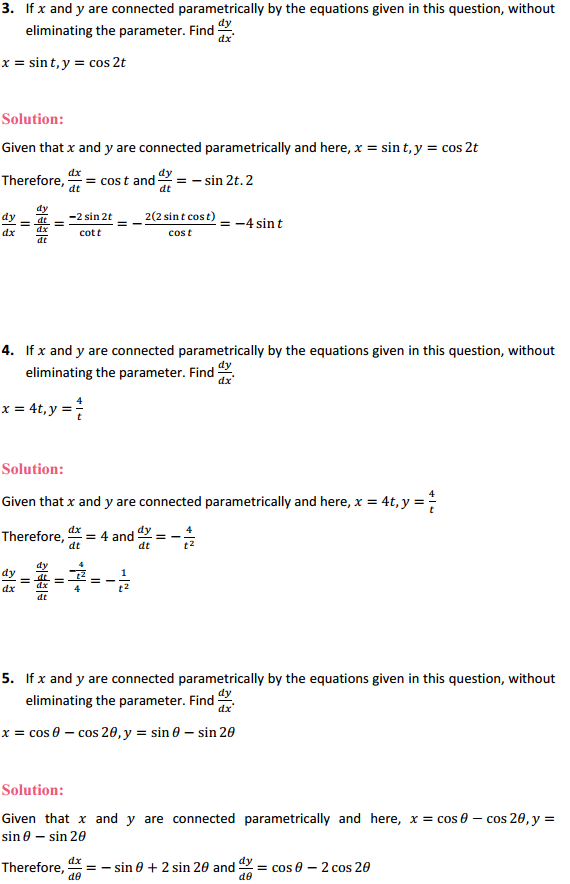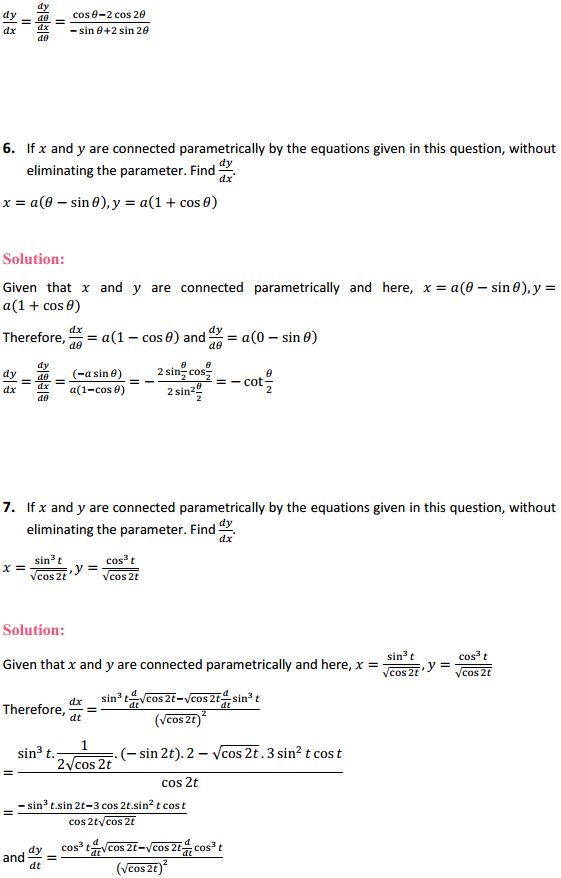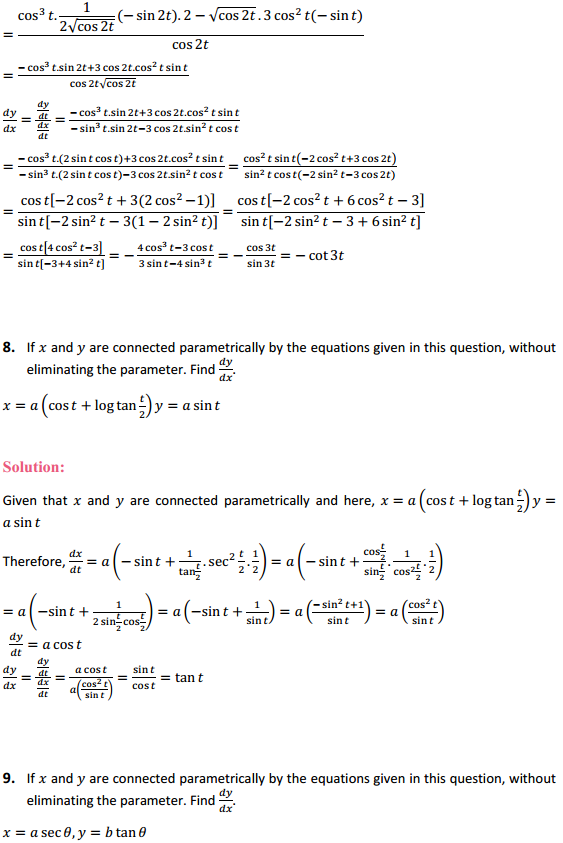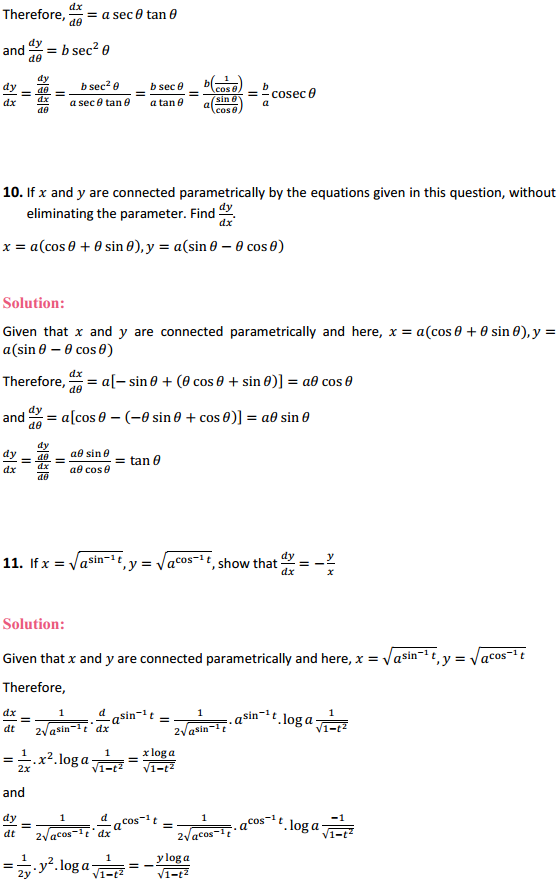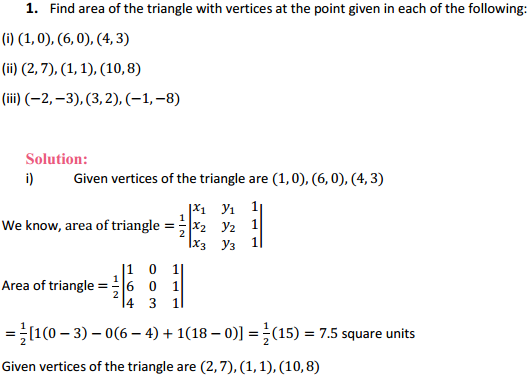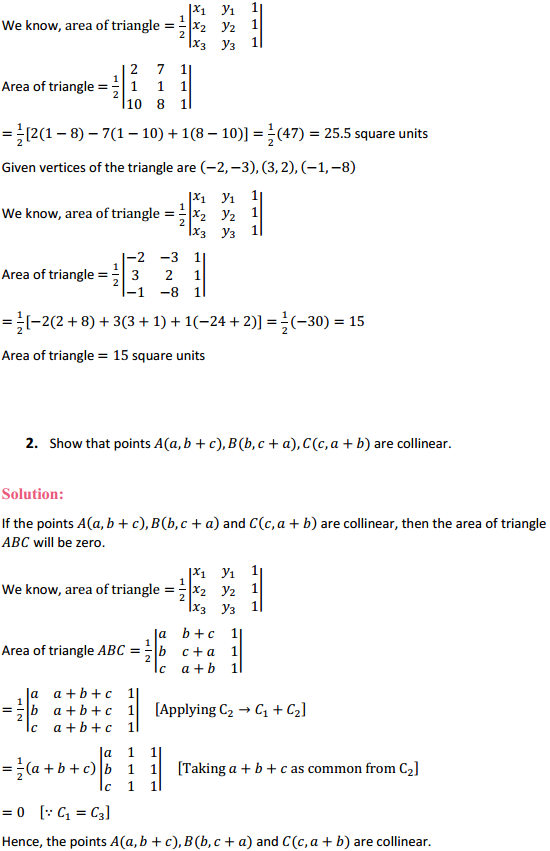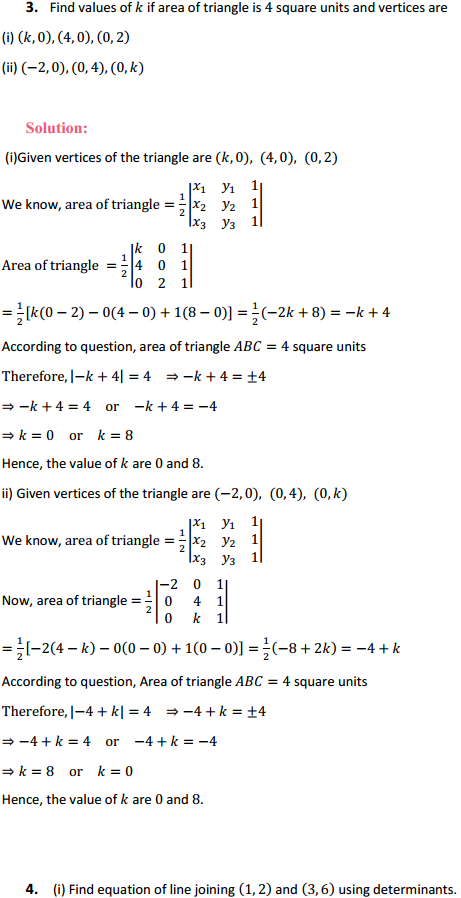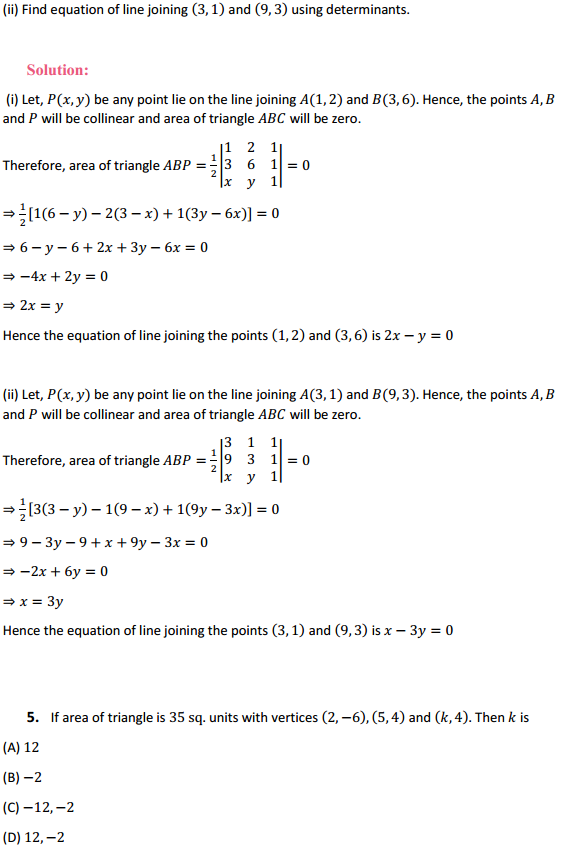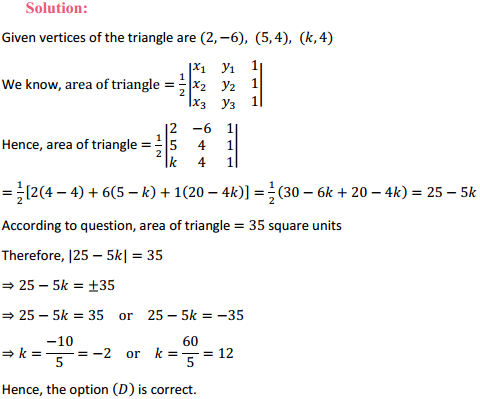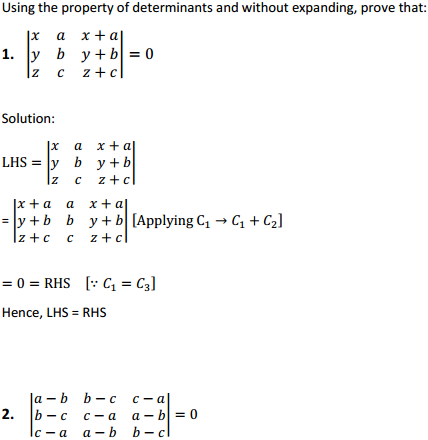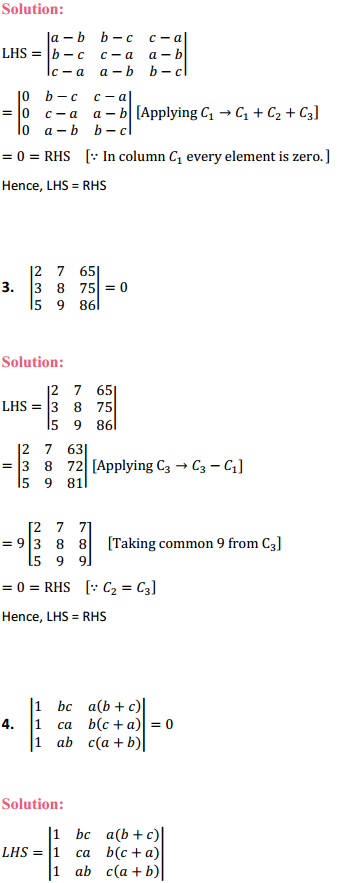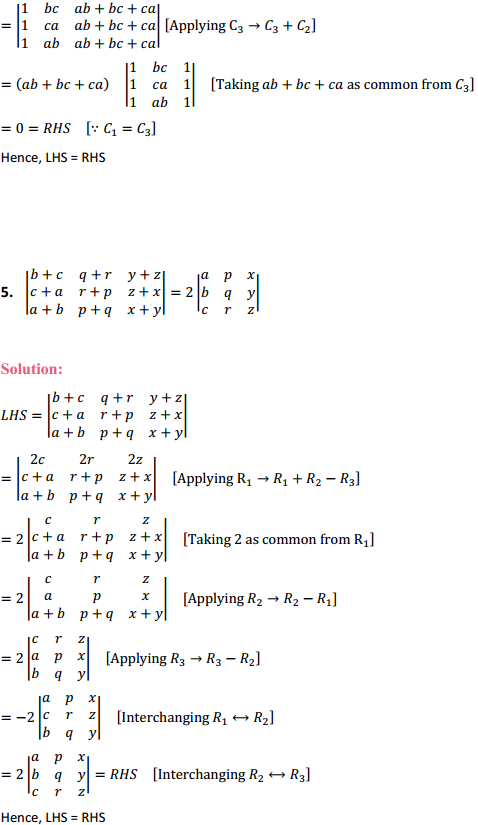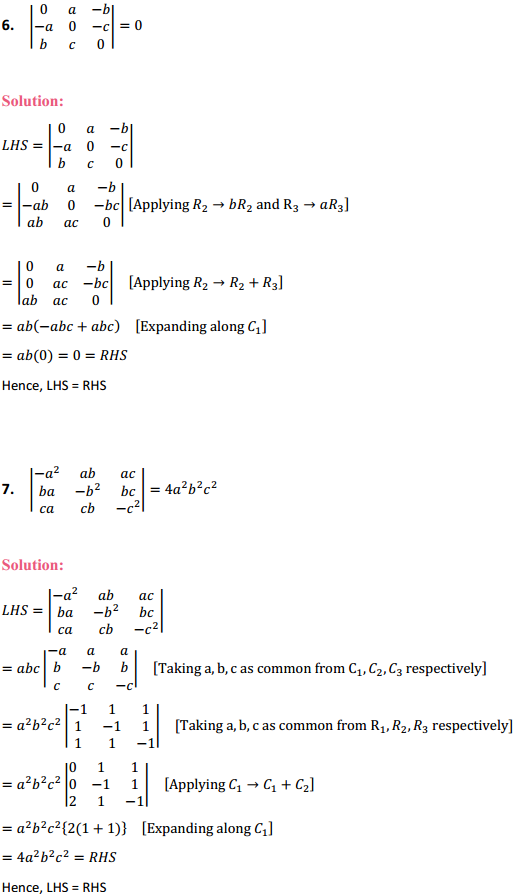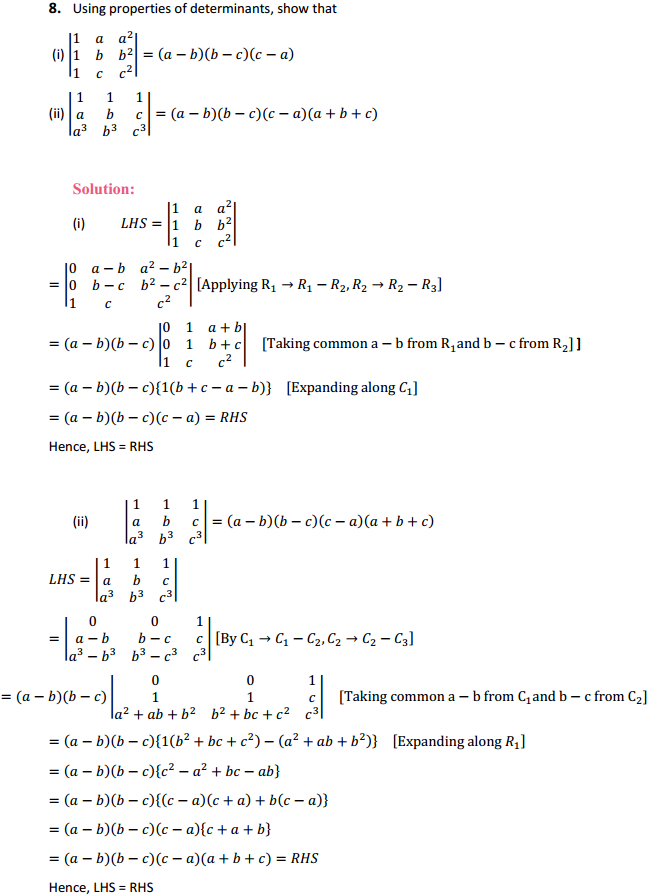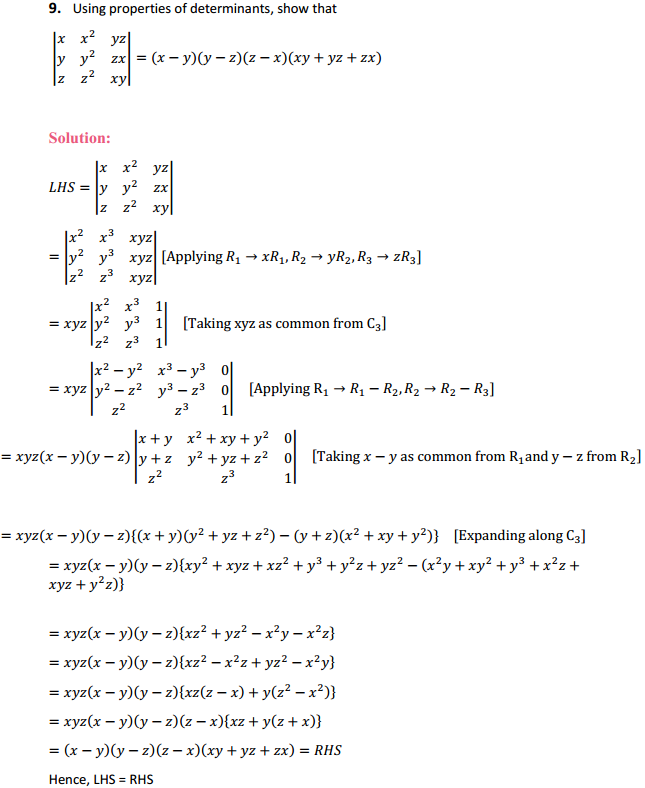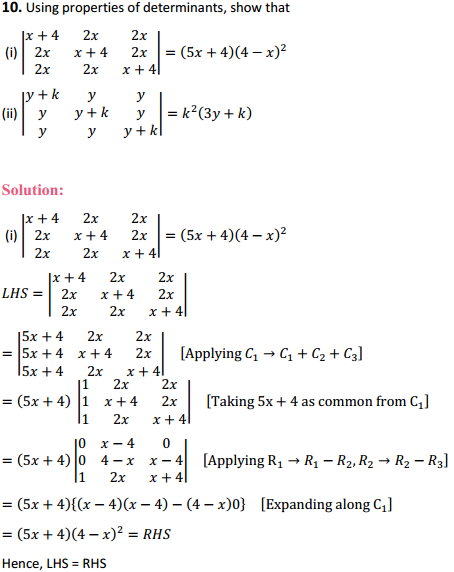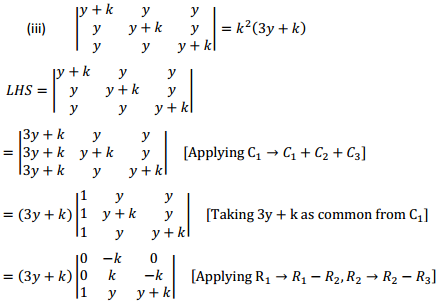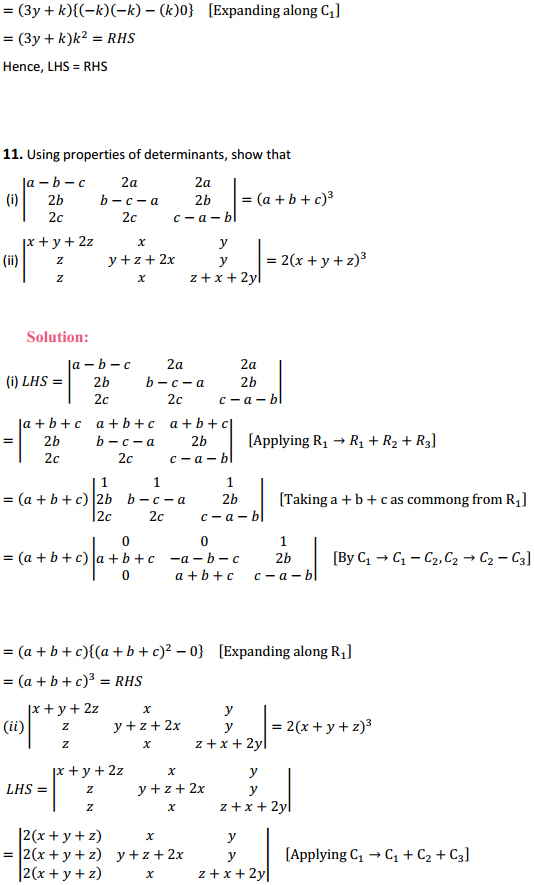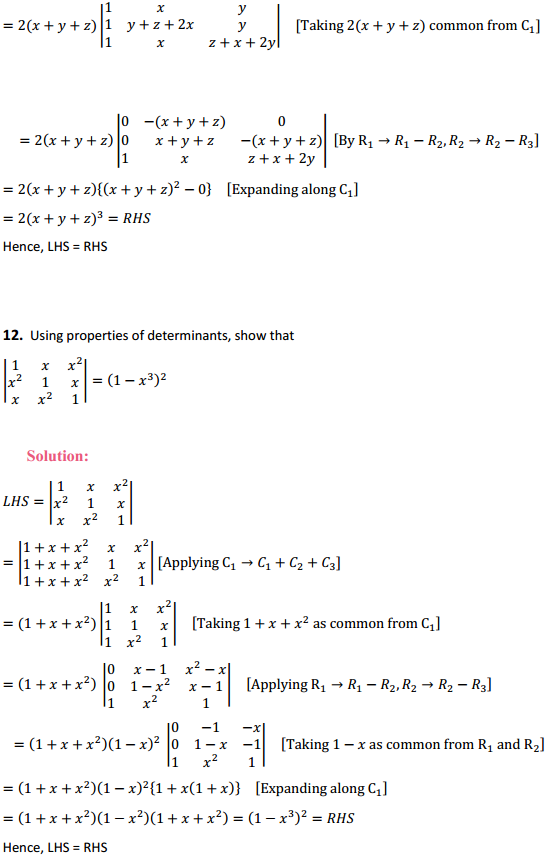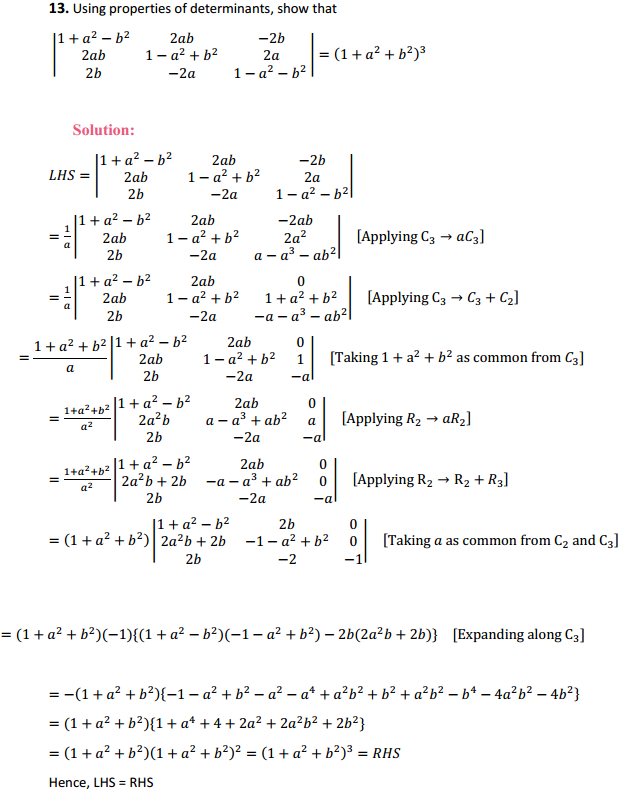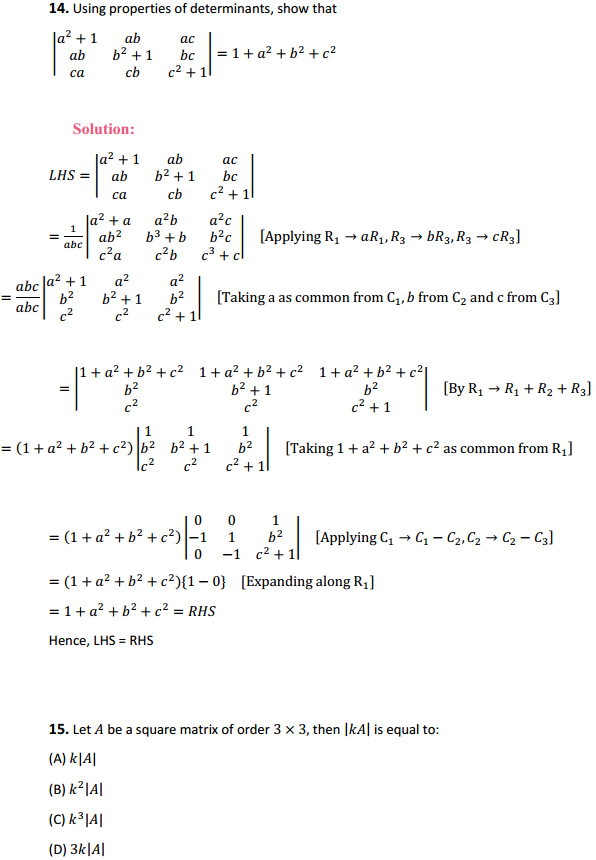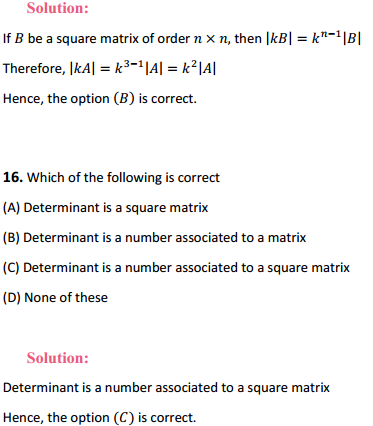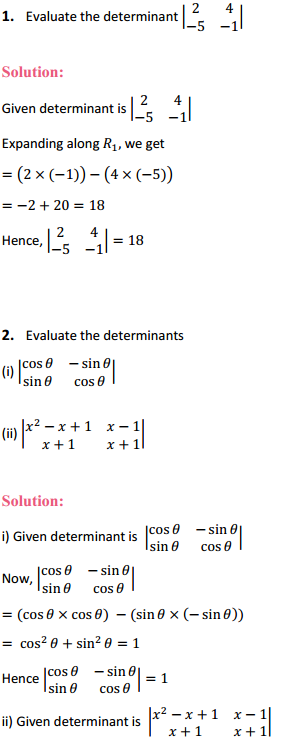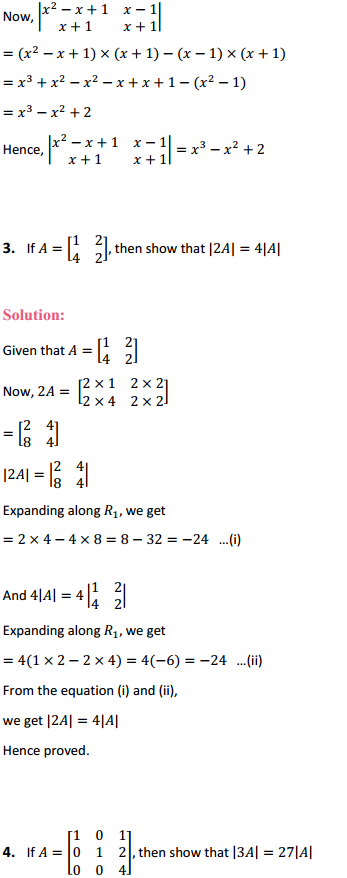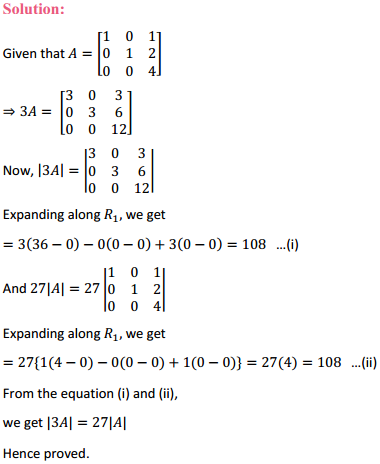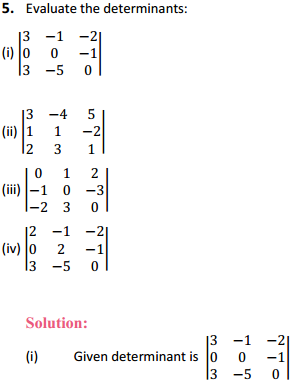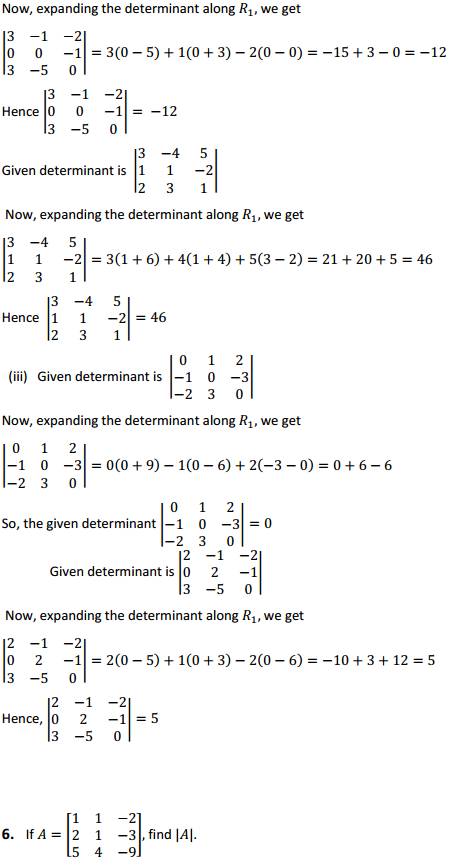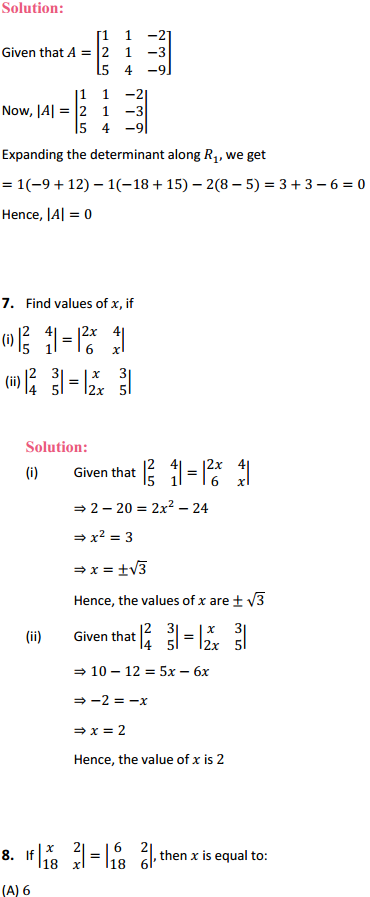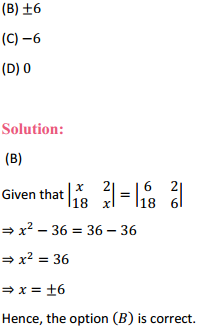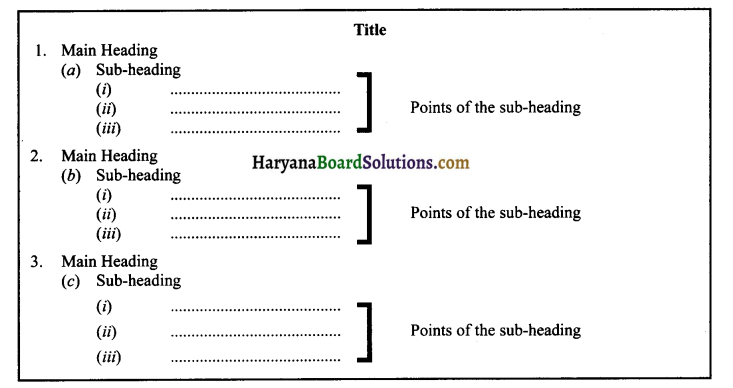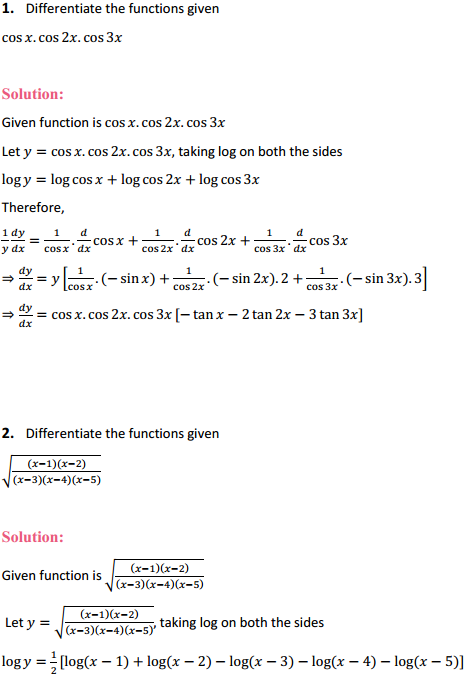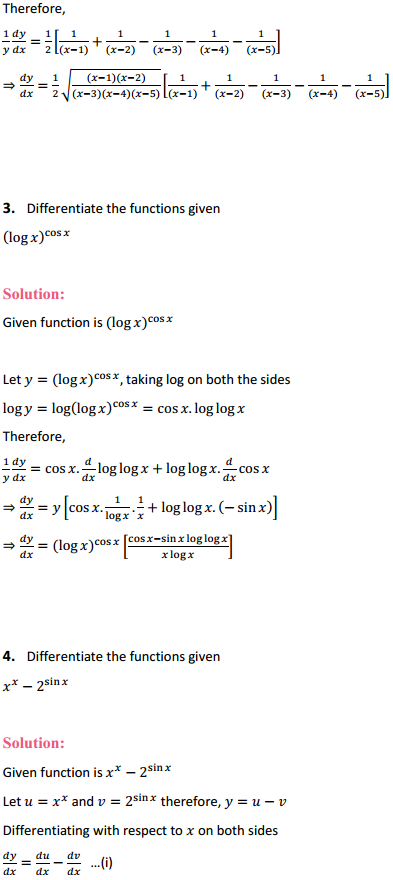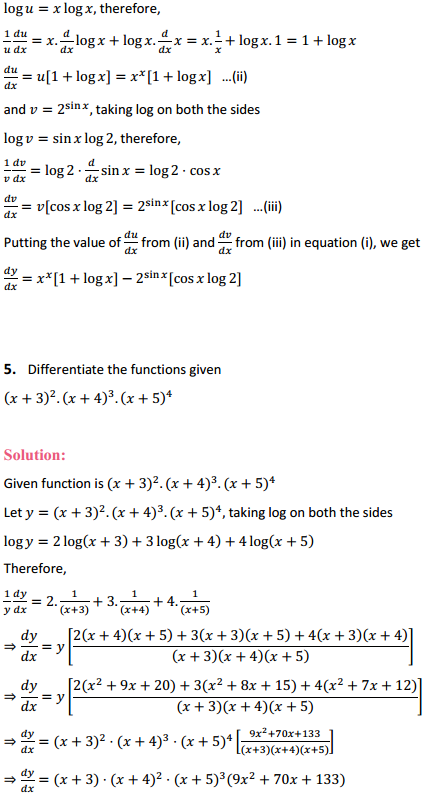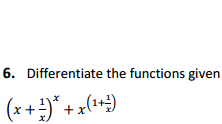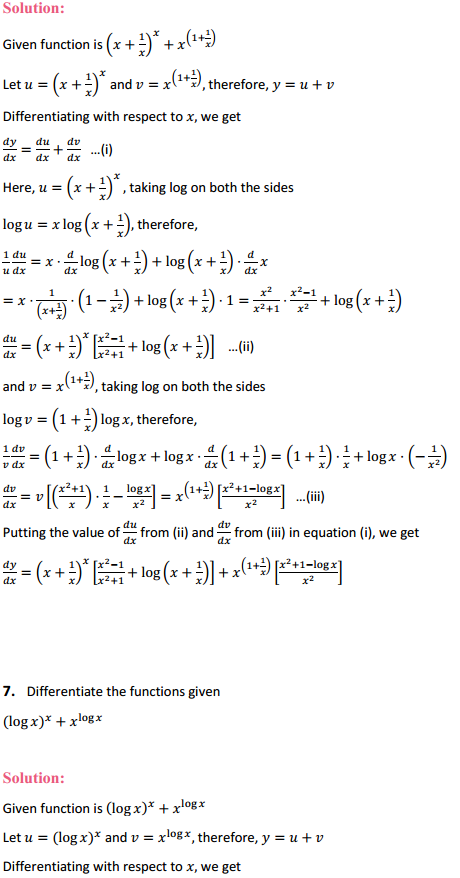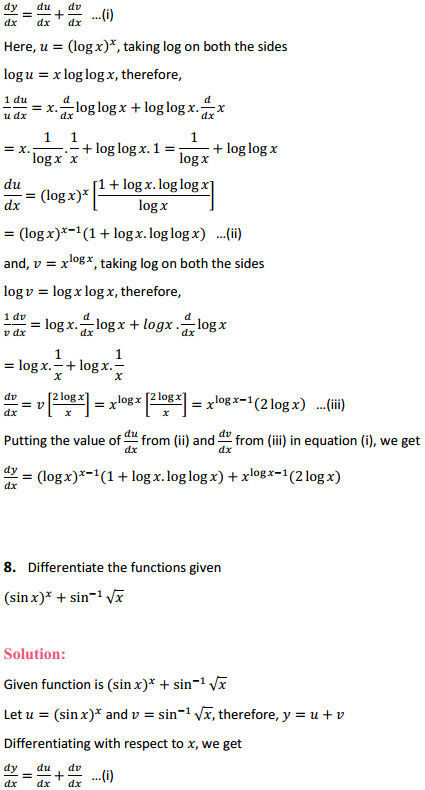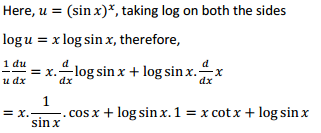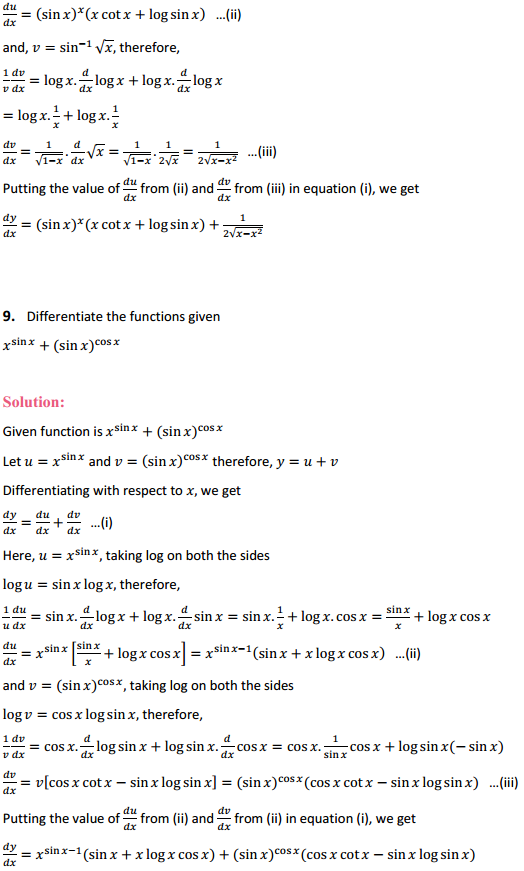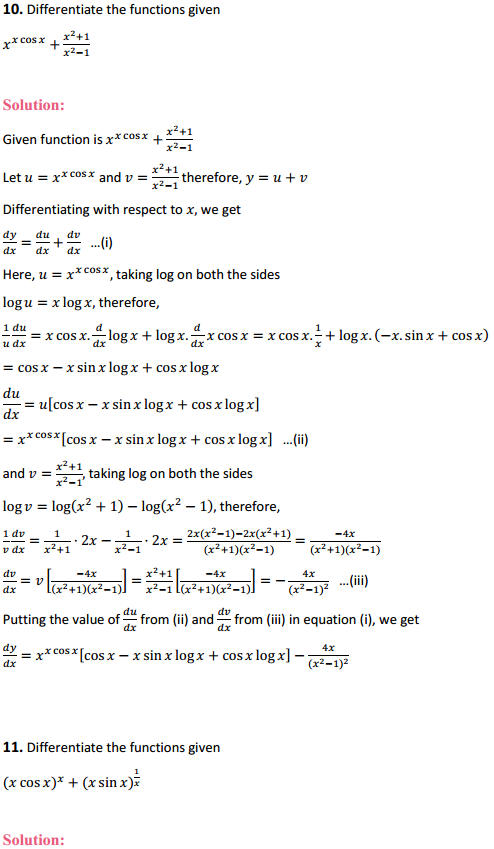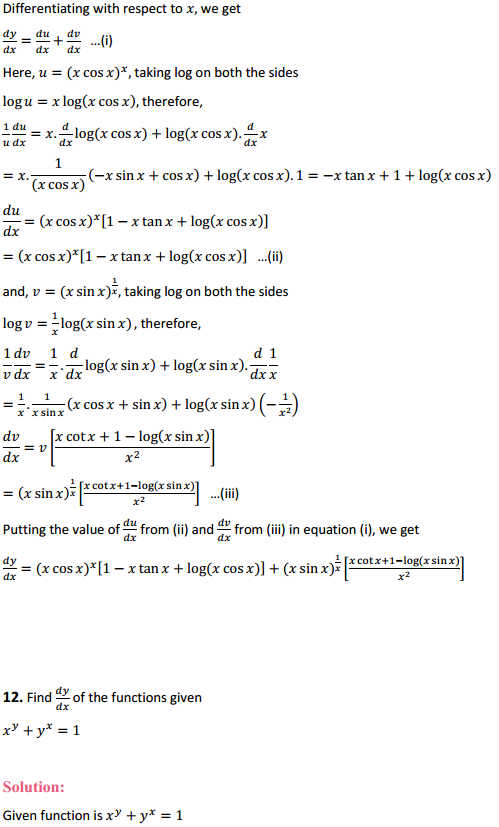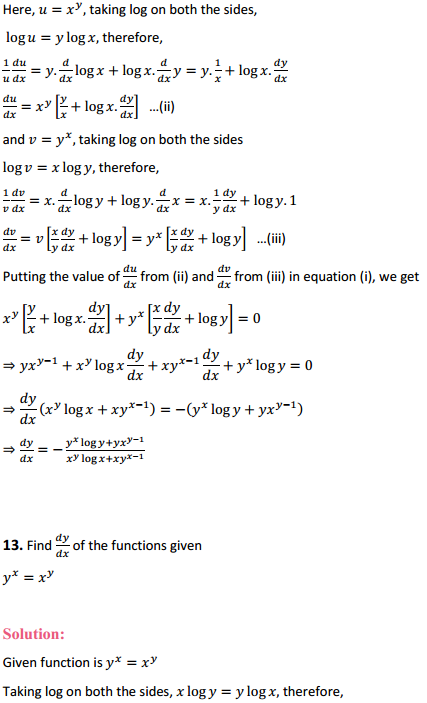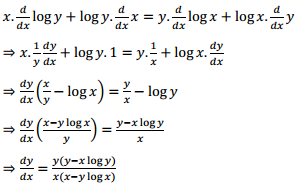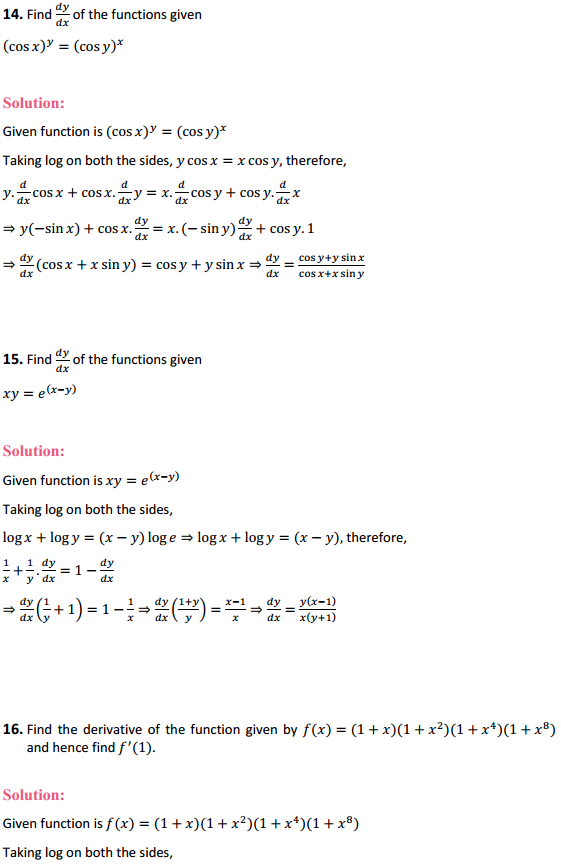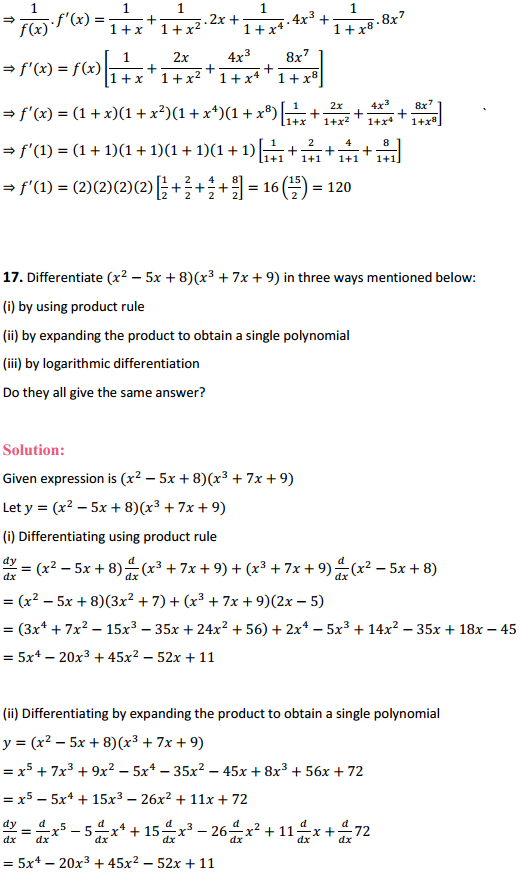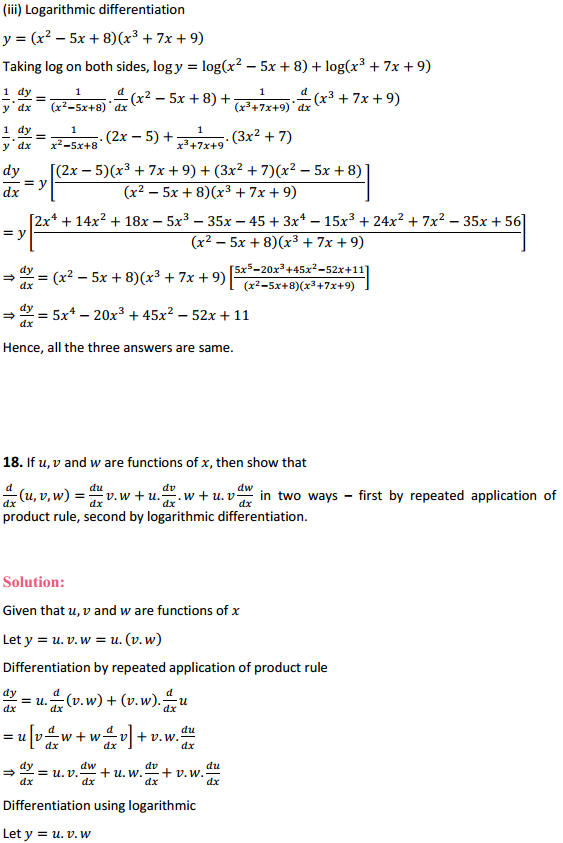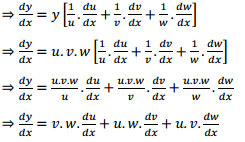Haryana State Board HBSE 12th Class English Solutions Reading Unseen Passages Multiple Choice Type Exercise Questions and Answers.
Haryana Board 12th Class English Reading Unseen Passages Multiple Choice Type
Lead the following passages and answer the questions that follow :
Passage 1
Pollution has been defined as the addition of any substance or form of energy to the environment at a rate faster than the environment can accommodate its dispersion, breakdown, recycling or storage in some harmless form. In simpler terms, pollution means the poisoning of the environment by man. Pollution has accompanied mankind ever since large groups of people settled down in one place for a long time.
It was not a serious problem during primitive times when there was more than ample space available for each individual or group. As the human population boomed, pollution became a major problem and has remained as one ever since. Cities of ancient times were often unhealthy places, fouled by human wastes and debris. Such unsanitary conditions favored the outbreak of diseases that killed or maimed many people living in those times.
The rapid advancement of technology and industrialization today is something that man can be proud of. However, it has brought along with it many undesirable results, one of which is the pollution of our environment. Humanity today is threatened by the dangers of air, water, land and noise pollution.
The air that we breathe is heavily polluted with toxic gases, chemicals and dust. These consist of the discharge from industrial factories and motor vehicles. The emission of tetraethyl lead and carbon monoxide from exhaust fumes is a major cause for concern too. Outdoor burning of trash and forest fires has also contributed to air pollution. They cause the smarting of the eyes, bouts of coughing and respiratory problems. Owing to the burning of fossil fuels, the level of carbon monoxide in the air is more than desirable. Too high a level of carbon dioxide will cause the Earth’s temperature to rise. The heat will melt the polar caps, thus raising the sea level and causing massive floods around the world.
The burning of fuels also produces gases which form acid rain. Acid rain has a damaging effect on water, forest and soil, and is harmful to our health. Man has reached the moon and invented supersonic crafts that can travel faster than the speed of sound. However, these inventions emit pollutants which contribute to the depletion of the ozone layer. This depletion of ozone, which absorbs the harmful rays of sun and prevents them from reaching the Earth, will have drastic effects on all living things. It will lead to a rise in the number of people suffering from skin cancer. Water pollution has become widespread too.
Toxic waste has found its way into our lakes, streams, rivers and oceans. This waste is released by factories and sea-going vessels. Spillage of oil by tankers during the recent Gulf War has caused irreparable damage to marine life. Thousands of sea animals have died or were poisoned by the pollutants in their natural habitat. As such, it is dangerous for humans to consume sea food caught in polluted waters.
Dumping of used cars, cans, bottles, plastic items and all other kinds of waste material is an eyesore. Much of the refuse is not biodegradable and this interferes with the natural breakdown process of converting substance from a harmful form to a non-harmful one. As such, it becomes a hazard to one’s health. We are often faced with noises from construction sites, jet planes and traffic jam.
We may be unaware of it but noise pollution has been attributed to causing a loss of hearing, mental disturbances, and poor performance at work. To control environmental pollution, substances which are hazardous and can destroy life must not be allowed to escape into the environment. This calls for united decision-making among the world leaders and a public awareness of the dangers of pollution. [H.B.S.E. March 2018 (Set-A)]

Questions:
(i) Pollution was not a serious problem in ancient times because:
(A) people were unsettled
(B) lot of space was available
(C) population was less
(D) all of the above
Answer:
(D) all of the above
(ii) Acid rain does not cause:
(A) smarting of eyes
(B) water pollution
(C) soil pollution
(D) damage to forest
Answer:
(A) smarting of eyes
(iii) The number of people suffering from skin cancer will rise because :
(A) man has invented supersonic aircraft
(B) ozone layer is depleting
(C) no efforts are being made to repair
(D) inventions emit pollutants that deplete the ozone the ozone layer which absorbs the cancer-causing rays
Answer:
(D) inventions emit pollutants that deplete the ozone layer which absorbs the cancer-causing rays
(iv) If the refuse is not biodegradable, it:
(A) becomes an eyesore
(B) interferes with natural breakdown
(C) remains a health hazard
(D) both (B) and (C)
Answer:
(D) both (B) and (C)
Passage 2
Russia in the late nineteenth and early twentieth centuries was a massive empire, stretching from Poland to the Pacific, and home in 1914 to 165 million people of many languages, religions, and cultures. Ruling such a massive state was difficult, and the long-term problems within Russia were eroding the Romanov monarchy. In 1917 this decay finally produced a revolution which swept the old system away. Several key fault lines can be identified as long-term causes, while the short-term trigger is accepted as being World War-I. It’s important to remember Tsarist Russia collapsed under its own flaws, with the top rending, not by an attack from people at the bottom, e.g. workers. That (and Lenin) would come later in 1917 when the Tsar was gone.
The revolution was also not inevitable: the Tsars could have reformed, but the last ones didn’t want to and went backward. It cost them their lives. In theory, their life had improved in 1861, before which they were serfs who were owned and could be traded by their landowners. The year 1861 saw the serfs freed and issued with small amounts of land, but in return, they had to pay back a sum to the government, and the result was a mass of small farms deeply in debt.
The state of agriculture in Russia was poor, using techniques deeply out of date and with little hope of improvement thanks to the widespread illiteracy and no capital to invest. Families lived just above the subsistence level, and around 50% of the families had a member who had left the village to find other work, often in the towns. As the central Russian population boomed, land became scarce.
Their life was in sharp contrast to the rich landowners, who held 20% of the land in large estates and were often members of the Russian upper class. The western and southern reaches of the massive Russian Empire were slightly different, with a larger number of better-off peasants and large commercial farms.
The result was, by 1917, a central mass of disaffected peasants were angry at increased attempts to control them, and at people who profited from the land without directly working on it. The common peasant mindset was firmly against developments outside the village and desired autonomy.
Oddly, although the vast majority of Russia in population was rural peasants, and urban expeasants, the upper and the middle classes knew little of real peasant life, but a lot about myths: of down-to-earth, angelic, pure commercial life, etc. Legally, culturally, socially, the peasants in over half a million settlements were organised by centuries of community rule, the mirs, which were separate from elites and the middle class.
But this was not a joyous, lawful commune, it was a desperate struggling system fuelled with the human weakness of rivalry, violence, and theft, and everywhere was run by elder patriarchs. A break was occurring among the peasants between the elders and a large number of young literate peasants, due to the culture of deeply ingrained and frequent violence.
The peasants were not without a world view, and it was a mixture of odd folk memory, custom, and opposition to the interference of the Tsar-Inside vs outside. Stolypin’s lands reforms of the years before 1917 attacked peasant concept of family ownership and tried to capitalise it; revolutionary peasants often went back to communal systems. This wasn’t so much class but a view based on justice of poor vs strong.
In central Russia, the peasant population was rising and land was running out, so eyes were on the elites who were forcing the debt-ridden peasants to sell land for commercial use. Even more peasants travelled to the cities in search of work. There they urbanized and looked negatively on the peasants left behind. [H.B.S.E. March 2018(Set-C)]
Questions:
(i) The decay that caused the Russian revolution was due to
(A) massive empire
(B) techniques were outdated
(C) World War-I
(D) all of the above
Answer:
(D) all of the above
(ii) The agriculture was in bad condition as :
(A) farmers were in debt
(B) techniques were outdated
(C) both (A) and (B)
(D) serfs could be traded by their landowners
Answer:
(C) both (A) and (B)
(iii) Which of the following was the trigger for the revolution?
(A) World War-I
(B) urbanization of the peasants
(C) break between the elders and the young
(D) excessive control of the upper classes
Answer:
(D) excessive control of the upper classes

(iv) The peasants were organised into communes by :
(A) mirs
(B) farmers
(C) middle classes
(D) elites
Answer:
(A) mirs
Passage 3
For four days, I walked through narrow lanes of the old city, enjoying the romance of being in a city where history still lives in its cobblestone streets and in its people riding asses, carrying vine leaves and palm as they once did during the time of Christ. This is Jerusalem, home to the sacred sites of Christianity, Islam and Judaism. This is the place that houses the church of the Holy Sepulchre, the place where Jesus was finally laid to rest. This is also the site of Christ’s crucifixion, burial and resurrection.
Built by the Roman Emperor Constantine at the site of an earlier temple to Aphrodite, it is the most venerated Christian shrine in the world. And justifiably so. Here, within the church, are the last five stations of the cross, the 10th station where Jesus was stripped of his clothes, the 11th where he was nailed to the cross, the 12th where he died on the cross, and the 13,h where the body was removed from the cross, and the 14th, his tomb, For all this weighty tradition, the approach and entrance to the church is nondescript.
You have to ask for directions. Even to the devout Christian pilgrims walking along the Via Dolorosa-the Way of Sorrows-first nine stations look clueless. Then a courtyard appears, hemmed in by other buildings and a doorway to one side. This leads to a vast area of huge stone architecture. Immediately inside the entrance is your first stop. It’s the stone of anointing: this is the place, according to Greek tradition, where Christ was removed from the cross. The Roman Catholics, however, believe it to be the spot where Jesus’s body was prepared for burial by Joseph. What happened next? Jesus was buried.
He was taken to a place outside the city of Jerusalem where other graves existed and there, he was buried in a cave. However, all that is long gone, destroyed by continued attacks and rebuilding; what remains is the massive and impressive Rotunda (a round building with a dome) that Emperor Constantine built. Under this, and right in the center of the Rotunda, is the structure that contains the Holy Sepulchre.
“How do you know this is Jesus’s tomb?” I asked one of the pilgrims standing next to me. He was clueless, more interested, like the rest of them, in the novelty of it all and in photographing it, than in its history or tradition. At the start of the first century, the place was a disused quarry outside the city walls. According to the gospels, Jesus’ crucifixion occurred at a place outside the city walls with graves nearby ’.
Archaeologists have discovered tombs from that era, so the site is compatible with the biblical period. The structure at the site is a marble tomb built over the original burial chamber. It has two rooms, and you enter four at a time into the first of these, the Chapel of the Angel. Here the angel is supposed to have sat on a stone to recount Christ’s resurrection.
A low door made of white marble, partly worn away by pilgrims’ hands, leads to a smaller chamber inside. This is the ‘room of the tomb’, the place where Jesus was buried. We entered in a single file. On my right was a large marble slab that covered the original rock bench on which the body of Jesus was laid. A woman knelt and prayed. Her eyes were wet with tears. She pressed her face against the slab to hide them, but it only made it worse. [H.B.S.E. March, 2018 (Set-B), 2019 (Set-C)]
Questions:
(i) How did Jerusalem still retain the charm of the ancient era?
(A) There are narrow lanes
(B) Roads are paved with cobblestone
(C) People can be seen riding asses
(D) All of the above
Answer:
(D) All of the above
(ii) Holy Sepulchre is sacred to:
(A) Christianity
(B) Islam
(C) Judaism
(D) Both (A) and (C)
Answer:
(A) Christianity
(iii) Why does one have to constantly ask for directions to the church?
(A) Its lanes are narrow
(B) Entrance to the church is nondescript
(C) People are not tourist-friendly
(D) Everyone is lost in enjoying the romance of the place
Answer:
(B) Entrance to the church is nondescript
(iv) Where was Jesus buried?
(A) In a cave
(B) At a place outside the city
(C) In the Holy Sepulchre
(D) Both (A) and (B)
Answer:
(B) At a place outside the city

Passage 4
From the moment a baby first opens its eyes, it is learning. Sight and sensation spark off a learning process which will determine in large measure the sort of person it will become. Language stands head and shoulders over all other tool as an instrument of learning. It is language that gives man his lead in intelligence over all the other creatures. No other creature can assemble a list of ideas, consider them, draw conclusions and then explain his reasoning. Man can do all this because he possesses language.
And if thought depends on language, clearly the quality of an individual’s thought will depend on that person’s language-rudimentary or sophisticated, precise or approximate, stereotyped or original. Very young babies are soothed by human voice uttering comforting words close to them. This essentially emotional response provides early evidence that feeling is an important component of language learning.
Children learn to use language in interaction with other human beings and this learning proceeds best against a background of affectionate feedback from the person who is closest to them. This is seen to perfection in the interaction between parent and a baby: eyes locked together, the adult almost physically drawing ‘verbal’ response from the baby, both engulfed by that unique experience of intimate and joyful ‘connecting’, which sets the pattern of the relationship between two people.
Thus, long before they can speak, children are involved in a two-way process of communication, which is steadily building a foundation on which their later use of language, they are unconsciously building structures in their minds into which their speech and reading will later fit grammatical constructions, tense sequences and so on. The forms of these structures will depend on the amount and complexity of speech they hear. Fortunate are those children who listen to articulate adults, expressing ideas and defending opinions.
They will know, long before they can contribute themselves and understand that relationships are forged through this process of speaking and listening; that warmth and humour have a place in the process, as have all other human emotions. Using books is the most important means of ensuring a child’s adequate language development. None of us can endlessly initiate and maintain speech with very small children; we run out of ideas or just get plain sick of it. Their lives are confined to a limited circle and they do not have enough experience to provide raw material for constant verbal interaction.
Parents and children who share books share the same frame of reference. Incidents in everyday life constantly remind one or the other of a situation, a character, an action, from a jointly enjoyed book, with all the generation of warmth and well-being that is attendant upon such sharing. All too often, there is a breakdown of communication between parents and children when the problems of adolescence arise.
In most cases, this is most acute when the give and take of shared opinion and ideas has not been constantly practiced throughout childhood. Books can play a major role in the establishment of this verbal give and take because they are rooted in language. Young children’s understanding greatly outruns their capacity for expression as their speech strains to encompass their awareness, to represent reality as they see it.
Shades of meaning which may be quite unavailable to the child of limited verbal experience are startlingly talked to toddlers. All the wonderful modifying words – later, nearly, tomorrow, almost, wait, half, lend, begin to steer the child away from the simple extremes of “Yes” and “No” towards the adult word of compromise; from the child’s black and white world to the subtle shades and tints of the real world.
The range of imaginative experience opened up by books expands the inevitably limited horizons of children’s surroundings and allows them to make joyful, intrigued, awestruck acquaintances with countless people, animals, objects, and ideas in their first years of life, to their incalculable advantage. Books also open children to new points of view besides their own as they unconsciously put themselves into other people’s places – ‘if that could happen to him, it could happen to me.
This imaginative self-awareness brings apprehensions and fears as well as heightened hopes and joys. In books, children can experience language which is subtle, resourceful, exhilarating and harmonious; languages which provide the human ear (and understanding) with a pointed and precise pleasure, the searing illuminating impact of good and true words. [H.B.S.E. March 2019 (Set-B)]
Questions:
(i) What is an important component of language learning?
(A) Feeling
(B) Linguistics
(C) Emotions
(D) Environment
Answer:
(A) Feeling
(ii) What are the things that a baby can do that enable it to learn about the world around it?
(A) See and hear
(B) Sense and analyze
(C) Understand and use language
(D) See, hear and sense
Answer:
(D) See, hear and sense
(iii) Why do books help in establishment of verbal give and take?
(A) Because they help in interaction with other
(B) Because they are rooted in language
(C) Because they are beautiful to look at
(D) Because they have varied topics
Answer:
(B) Because they are rooted in language
(iv) How do books help children see things from other’s point of view?
(A) Books help in imaginative self-awareness
(B) Books have beautiful cover
(C) Books generate a lot of discussions
(D) Books create awareness about various topics
Answer:
(A) Books help in imaginative self-awareness
Passage 5
About one in five of all the people in the world follow the teachings of the Buddha, who lived about 2600 years ago. He was born in 563 B.C. The Buddha is a title, not a name. It means ‘The Enlightened One’ or ‘The One Who Knows.’ The Buddha’s real name was Siddhartha. He was the son of a Sakya King in northern India. He and his family were all Hindus and belonged to the Gautama clan.
Gautama Siddhartha was brought up in luxury. He lived in his father’s palace and saw nothing of the outside world until he was a young man. Then one day accompanied by his charioteer Channa, Prince Siddhartha went round the city. On his way, he saw some sights that he had never seen before. First, he saw a man who was very old and bent with age. Then he saw a man who was suffering from a terrible disease, possibly leprosy and then he saw a dead man who was being taken to the cremation ground. These sights made the prince very sad. [H.B.S.E. March. 2020 (Set-A)]
Questions:
(i) ‘The Buddha’ means ………………………. .
(A) Gautama the Buddha
(B) Siddhartha the Buddha
(C) Siddhartha Gautama the Buddha
(D) The Enlightened One
Answer:
(D) The Enlightened One
(ii) The real name of the Buddha was …………………….. .
(A) Siddhartha
(B) Gautama
(C) Sakya
(D) The Enlightened One
Answer:
(A) Siddhartha

(iii) Who was Channa?
(A) Prince Siddhartha’s charioteer.
(B) The chief of the Gautama clan.
(C) A Sakya King in northern India.
(D) A cook in the King’s palace.
Answer:
(A) Prince Siddhartha’s charioteer.
(iv) Prince Siddhartha knew nothing of until he was a young man.
(A) luxuries and joys of life
(B) th life outside his father’s palace
(C) the life inside his father’s palace
(D) anything inside and outside the palace
Answer:
(B) the life outside his father’s palace
Passage 6
Nanotechnology is science, engineering, and technology conducted at the nanoscale, which is about 1 to 100 nanometers. Nanoscience and nanotechnology are the study and application of extremely small things and can be used across all the other science fields, such as Chemistry, Biology, Physics, Material Science, and Engineering. The ideas and concepts behind nanoscience and nanotechnology started with a talk entitled “There’s Plenty of Room at the Bottom” by physicist Richard Feynman at an American Physical Society meeting at the California Institute of Technology (CalTech) on December 29, 1959, long before the term nanotechnology was used. In his talk, Feynman described a process in which scientists would be able to manipulate and control individual atoms and molecules.
Over a decade later, in his explorations of ultraprecision machining, Professor Norio Taniguchi coined the term nanotechnology. It wasn’t until 1981, with the development of the scanning tunneling microscope that could ‘see’ individual atoms, that modem nanotechnology began. It’s hard to imagine just how small nanotechnology is. One nanometer is a billionth of a meter, or 1.109 of a meter.
Here are a few illustrative examples: There are 25,500,000 nanometers in an inch: A sheet of newspaper is about 100,000 nanometers thick. On a comparative scale, if a marble were a nanometer, then one meter would be the size of the Earth. Nanoscience and nanotechnology involve the ability to see and to control individual atoms and molecules. Everything on Earth is made up of atoms – the food we eat, the clothes we wear, the buildings and houses we live in, and our own bodies.
But something as small as an atom is impossible to see with the naked eye. In fact, it’s impossible to see with the microscopes typically used in a high school science classes. The microscopes needed to see things at the nanoscale were invented relatively recently – about three years ago. Once scientists had the right tools, such as the Scanning Tunnelling Microscope (STM) and the Atomic Force Microscope (AFM), the age of nanotechnology was born.
Although modem nanoscience and nanotechnology are quite new, nanoscale materials were used for centuries. Alternate-sized gold and silver particles created colours in the stained glass windows of medieval churches hundreds of years ago. The artists back then just didn’t know that the process they used to create these beautiful works of art actually led to changes in the composition of materials they were working with.
Today’s scientists and engineers are finding a wide variety of ways to deliberately make materials at the nanoscale to take advantage of their enhanced properties such as higher strength, lighter weight, increased control of light spectrum, and greater chemical reactivity than their larger-scale counterparts. [H.B.S.E. March 2018 (Set-D)]
Questions :
(i) Materials at nanoscale are desirable as they :
(A) have higher strength
(B) have light weight
(C) increased control of light spectrum
(D) all of the above
Answer:
(D) all of the above
(ii) Pick a statement that is not true :
(A) Food is made of atoms
(B) Our bodies are made of atoms
(C) High school microscope can reveal atoms
(D) Atoms can be seen with the naked eye
Answer:
(D) Atoms can be seen with the naked eye
(iii) Nanotechnology can be used in :
(A) chemistry
(B) making newspaper
(C) marking artworks using colours
(D) both (A) and (B)
Answer:
(D) both (A) and (B)
(iv) Who coined the term ‘nanotechnology’?
(A) Einstein
(B) Norio Taniguchi
(C) Newton
(D) Richard Feynnan
Answer:
(B) Norio Taniguchi
Passage 7
“It is impossible to think about the welfare of the world unless the condition of women is improved. It is impossible for a bird to fly on only one wing. ”-Swami Vivekananda Women are not bom, but made. What is better than India to exemplify this statement by Simone de Beauvoir? With the whole world celebrating International Women’s Day with great pomp and show, it would be only apt to analyse the position and space Indian women occupy today, and comparing it to the times 60 years ago when the country had just gained independence. With the women participating in nationalist movements to being pushed into domestic household place, to their resurgence as the super-women today, women in our country have seen it all.
There have been innumerable debates about gender in India over the years. Much of it includes women’s position in society, their education, health, economic position, gender equality, etc. What one can conclude from such discussions is that women have always held a certain paradoxical position in our developing country.
On the one hand, the country has seen an increased percentage of literacy among women, and women are allowed to enter into professional fields, while on the other hand the practices of female infanticide, poor health conditions and lack of education still persist. Even the patriarchal ideology of the home being a woman’s real domain and marriage being her ultimate destiny hasn’t changed much.
The matrimonial advertisements, demanding girls of the same caste, with fair skin and slim figure, or the much-criticized fair and lovely ads, are indicators of the slow-changing social mores. If one looks at the status of women then and now, one has to look at two sides of the coin; one side which is promising, and one side which is bleak. When our country got its independence, the participation of women nationalists was widely acknowledged. When the Indian Constitution was formulated, it granted equal rights to women, considering them legal citizens of the country and as an equal to men in terms of freedom and opportunity.
The sex ratio of women at that time was slightly better than what it is today, standing at 945 females per 1000 males. Yet the conditions of women screamed a different reality. They were relegated to their households and made to submit to the male-dominated society, as has always been prevalent in our country. Indian women, who fought as an equal to men in the nationalist struggle, were not given that free public space anymore.
They became homemakers and were mainly meant to build a strong home to support their men who were to build the new f independent country. Women were reduced to being secondary citizens. The national female literacy rate was an alarmingly low 8.9 percent. The Gross Enrollment Ratio (GER) for girls was 24.8 percent at primary level and 4.6 percent at the upper primary level (in the 11 -14 years age group). There existed insoluble social and cultural barriers to education of women and access to organised schooling. [H.B.S.E. March 2018 (Set-B)]
Questions:
(i) The writer says that the women have seen it all because :
(A) they participated in the nationalist
(B) they were pushed into household space movements
(C) they have become superwomen today
(D) all of the above
Answer:
(D) all of the above
(ii) Pick one statement which brings out the paradoxical nature of women’s position in society today:
(A) They are entering professional fields and becoming literate
(B) They lack education and female infanticide is still rampant
(C) They are still victims of patriarchal mindset
(D) While they are allowed to enter professional fields they are still victims of patriarchal mindsets
Answer:
(D) While they are allowed to enter professional fields they are still victims of patriarchal mindsets
(iii) The Indian Constitution did not ensure :
(A) that women get equal rights
(B) that they were considered equal to men
(C) that the sex ratio would be 945 females
(D) that they were legal citizens of India to 1000 males
Answer:
(C) that the sex ratio would be 945 females to 1000 males.

(iv) Despite the provisions of the constitution :
(A) women were relegated of the household
(B) women were not allowed free space
(C) women were dictated by patriarchy
(D) all of the above.
Answer:
(D) all of the above.
Passage 8
New Year is the time for resolution. Mentally, at least most of us could compile formidable lists of do’s and i don’ts’. The same old favorites recur year in and year out with monotonous regularity. We resolve to get up early each morning, eat healthy food, exercise, be nice to people we don’t like and find more time for our parents. Past experience has taught us that certain accomplishments are beyond attainment. If we remain deep-rooted liars, it is only because we have so often experienced the frustration that results from failure. Most of us fail in our efforts, at self-improvement because our schemes are too ambitious and we never have time to carry them out.
We also ‘make the fundamental error of announcing our resolution to everybody so that we look even more foolish when we slip back into our bad old ways. Aware of these pitfalls, this year I attempted to keep my resolutions to myself. I limited myself to two modest ambitions, to do physical exercise every morning and to read more in the evening.
An overnight party on New Year’s Eve provided me with a good excuse for not carrying out either of these new resolutions on the first day of the year, but on the second, I applied myself ‘ diligently to the task. The daily exercise lasted only eleven minutes and I proposed to do them early in the morning before anyone had got up. The self-discipline required to drag myself out of bed eleven minutes earlier than usual was considerable. Nevertheless, I managed to creep down into the living room for two days before anyone found me out.
After jumping about on the carpet and twisting the human frame into uncomfortable positions, I sat down at the breakfast table in an exhausted condition. It was this that betrayed me. The next morning the whole family trooped in to watch the performance. That was really unsettling but I fended off the taunts and jibes of the whole family good-humouredly and soon everybody got used to the idea. However, my enthusiasm waned. The time I spent at exercises gradually diminished. Little by little the eleven minutes fell to zero. By January 10th, I was back to where I had started from.
I argued that if I spent less time exhausting myself at exercises in the morning, I would keep my mind fresh for reading when I got home from work. Resisting the hypnotizing effect of television, I sat, in my room for a few evenings with my eyes glued to a book. One night, however, feeling cold and lonely, I went downstairs and sat in front of the television pretending to read.
That proved to be my undoing, for I soon got back to the old bad habit of dozing off in front of the screen. I still haven’t given up my resolution to do more reading. In fact, I have just bought a book entitled ‘How to Read a Thousand Words a Minute. Perhaps it will solve my problem, but I just have not had time to read it.[H.B.S.E. March 2019 (Set-A)]
Questions :
(i) What were the writer’s two resolutions?
(A) Physical exercise in the morning
(B) Read more in the evening
(C) Both (A) and (B)
(D) Not to make more resolutions
Answer:
(C) Both (A) and (B)
(ii) How much time did the daily exercise last initially?
(A) 10 minutes
(B) 11 minutes
(C) 5 minutes
(D) 8 minutes
Answer:
(B) 11 minutes
(iii) How many days did the narrator continue his resolution?
(A) 8 days
(B) 9 days
(C) 10 days
(D) 7 days
Answer:
(C) 10 days
(iv) Which book did the narrator buy?
(A)How to read a thousand words a minute
(B) How to be a good reader
(C) How to be firm on your resolutions
(D) The importance of exercising
Answer:
(A) How to read a thousand words a minute
Passage 9
Our earth has a fine layer of soil at the surface. All plants grow in this soil only. Under the soil, there are rocks of various kinds. Nature takes millions of years to form an inch of foil in thickness. But sometimes a single heavy shower can wash it off. Such a thing doesn’t happen in places where we have forests or lots of trees. The roots of trees hold the soil together and protect it from being washed off.
We value trees not only for their usefulness but also for their beauty. They refresh the eyes and bring peace to the mind. That is why our ancient rishis were attracted to the forests. They lived in their forest homes or ashramas in the company of nature. It was in these ashramas that they taught their pupils.
When Gurudev Rabindranath Tagore started a school, he also chose a place frill of trees. He called it Shantiniketan or the Home of Peace. There was a time when our hills, mountains and even plains were covered with huge forests. As the population grew, trees were cut down to meet the demand for fuel and timber. Thus our wonderful forests came to be destroyed. Now we don’t have enough trees to give us firewood even. So people are forced to bum cattle dung which ought to be saved for use as manure. Cattle dung is very necessary to maintain the fertility of soil. Chemical fertilizers alone can’t help.
In many areas, where only chemical fertilizers are used, the crop yields have started falling. There is another grave danger. Now we don’t have enough trees to treat all the carbon dioxide that is being produced in our homes, factories and by our autos. The air remains polluted and it can give us a number of serious diseases. Trees are man’s best friends.
They are God’s greatest gift to man. They are the invaluable wealth of a nation. It is our sacred duty to protect them and look after them well. For every tree that is cut down, we must plant at least two new trees and take care of them. If we don’t care for trees, they too will stop caring for us. And then, imagine what will happen! [H.B.S.E. 2017 (Set-A)]
Questions :
(i) We value trees for :
(A) usefulness
(B) beauty
(C) both (A) and (B)
(D) none of the above
Answer:
(C) both (A) and (B)
(ii) Where did the rishis teach the pupils?
(A) In the Forests
(B) Ashramas
(C) Schools
(D) Colleges
Answer:
(B) Ashramas
(iii) What was Rabindranath Tagore’s Shantiniketan known as?
(A) Home of peace
(B) Home of loneliness
(C) Home of solitude
(D) Home of joy
Answer:
(A) Home of peace
(iv) What are trees called?
(A) Man’s best friends
(B) God’s greatest gift to man
(C) Invaluable wealth of the nation
(D) All the three
Answer:
(A) All the three

Passage 10
We are all judgmental. Yes, even you. I certainly ani, many times. I think it’s human nature. And yet, while it is in our nature to be judgmental, I don’t think it’s always useful to us. We look down on others as if we are so much better and that creates division between people. Think about it for a second: we see someone, and based on their looks or actions, we pass judgment on them.
Not good judgment. either. Usually without even knowing the person. And that’s it – that’s usually the extent of our interaction with that person. We don’t make an effort to get to know the person, or understand them, or see whether our judgment was right or not. And let’s consider what happens when we pass judgment on people we do know.
We see something they do, and get angry at it, or are disappointed in the person, or think worse of them. We judge, without understanding. And that’s the end of it – we don’t try to find out more, and through communication begin to understand, and through understanding begin to build a bridge between two human beings. Can you build a bridge with every single person you meet? Probably not.
That takes time and effort, two things we’re usually short on anyways. But I’ve found that taking that extra time, even just once a day can make a huge difference. Avoid passing judgment and instead build a bridge between two human beings. If you find yourself being judgmental, stop yourself This takes a greater awareness than we usually have, so the first step (and an important one) is to observe your thoughts for a few days, trying co notice when you’re being judgmental.
This can be a difficult step. Remind yourself to observe. Once you’re more aware, you cari then stop yourself when you fed yourself being judgmental. Then move to the next step. Instead of judging someone for what he’s done or how he looks, try to understand that person. Put yourself in their shoes. Try to imagine their background.
If possible, talk to them. Find out their back story. Everyone has one. If not, try to imagine the circumstances that might have led to the person acting or looking like they do. Once you begin to understand or try…to understand, try to accept him. Accept that person for who he is, without trying to change him. Accept that he will act the way he does, without wanting him to change. The world is what it is, and as much as you try, you can only change a little bit of it.
It will continue to be as it is long after you’re gone. Accept that, because otherwise, you’re in for a world of frustration. Once you’ve accepted someone for who he is, try to love him. Even if you don’t know him. Even if you’ve hated him in the past. Love him as a brother or love her as a sister, no matter who they are-old or young, light-skinned or dark-skinned, male or female, rich or poor.
What good will loving someone do? Your love will likely only be limited. But it could have an effect on two people: yourself and possibly on the person you’ve found love for. Loving others will serve to make you happier. Trust me on this one. And loving others can change the lives of others if you choose to express that love and take action on it. I can’t guarantee what will happen but it can be life-changing.
[H.B.S.E. March. 2018 (Set-A))
Questions :
(i) When we pass judgment on known people, we :
(A) try to find out more about them
(B) communicate with them
(C) build bridges with them
(D) none of the above
Answer:
(D) none of the above
(ii) Stopping oneself from being judgmental is :
(A) not easy
(B) is not required to build bridges
(C) does not take greater awareness
(D) does not require observing oneself
Answer:
(A) not easy
(iii) Understanding people requires :
(A) putting yourself in their shoes
(B) finding out their backstory
(C) imagining the circumstances which may have led them to act in a particular manner
(D) all of the above
Answer:
(D) all of the above
(iv) Non-acceptance can lead to frustration because :
(A) the world can’t change much
(B) all people are different
(C) both (A) and (B)
(D) people have a backstory
Answer:
(C) both (A) and (B)
Passage 11
The college was closed on Saturday last on account of fine day. The sky was overcast with clouds. A pleasant breeze was blowing. The birds were chirping on the branches of the trees. It was indeed a very pleasant morning. Three friends Rama. Ganga and Mohan thought of spending the day out on the banks of the river.
They spent it in playing games. eating fruits and sweets, and singing songs. They could not resist the temptation of taking a plunge into the river. Rama and Mohan were expert swimmers. They were soon ahead of Ganga with their quick and vigorous strokes. The latter was yet a novice, but fired by a spirit of emulation. he tried to overtake them. He had hardly fought with the current for live minutes, when he found that it was too strong for him, that his whole strength was ebbing fast and that he was on the point of being engulfed. He cried for help. but his companions were too far ahead to hear his cry.
He became hoarse after repeated cries, but there was no response. The poor miserable boy was being tossed up and down by the whirling waves, his whole strength was exhausted, and his condition was most critical. A minute or two more, and he would have gone to his watery grave. Suddenly his companions looked back to see how far their friend Ganga was left behind. They saw him exhausted and struggling hard against the strong and swift current. Both of them. lusty swimmers as they were, rushed to his rescue, caught hold of him firmly by his arms and brought him safely to the bank. They thus saved the boy from the very jaws of death. They thanked God whose divine mercy had saved the boy and were happy that their trip had not ended in tragedy.
Questions:
(i) Why was the college closed on Saturday?
(A) It was a public holiday
(B) Because of strike
(C) Because of it being a fine day
(D) Because of flood situation
Answer:
(C) Because of it being a tine day
(ii) How did the three friends want to spend the day?
(A) Playing games
(B) Eating Fruits and sweets
(C) Singing Songs
(D) All of the above
Answer:
(D) All of the above
(iii) Which of the three friends was a novice in swimming?
(A) Rama
(B) Ganga
(C) Mohan
(D) Rama and Ganga
Answer:
(B) Ganga
(iv) Who was saved from the jaws of death?
(A) Rama
(B) Ganga
(C) Mohan
(D) All the three
Answer:
(B) Ganga

Passage 12
What would we do without humour? How would we enjoy talks with others if we did not use humour to invite a smile or a laugh? And how would we manage the times when we feel sad and alone? With humour we lighten up each day, and we find common ground with others. We build healthy relationships with others by knowing what to say and to do that helps, and what hinders, a conversation. Humour often takes us to the edge of uncertainty when we exaggerate, or tease others to make our point. When humour is successful, we build trust and cooperation. We discover that we are not alone, we learn to accept our mistakes, and we look for the good in others and in ourselves. Most importantly, we create common ground. However, when we lose our sense of humour, we often get critical or defensive, and, we often get critical of ourselves for what was said, and how it was said.
Humour is an essential skill needed to communicate well with others. A few well-chosen words get the attention of others and make a serious point without their getting defensive. Whether we prefer to be the center of attention or shy and quiet, humour can be adjusted to suit our personality. The challenge for everyone is to become more aware of how to add humour, and when to avoid it. Too much humour, like too much spice often annoys others. Humour that is perceived as insensitive often leads others to shut down, or become argumentative. But when we each maintain our sense of humour, we look for the good in others and in ourselves.
To ensure that our humour is welcomed by others, we need to combine our humour with speaking clearly and listening effectively. Have you ever noticed that successful individuals use self-deprecating humour to humble themselves, without putting themselves down? These individuals understood that every person has strengths and weaknesses and that self-deprecating humour invites others to feel more confident and equal. Having humour helps us keep our perspective, stay responsive to others, and resolve differences.
Do you already have some Comprehension things that you say to diffuse tension? Words like “At times like this, my uncle used to say…..” can help the conversation to become less confrontational. If you can’t think of a humourous comment that will be helpful, you can try looking for clarification by mirroring back their words and clarifying their point. Assume that there is always something that you can find to appreciate when you are looking for common ground.
Focus on preventing an argument. Remember, humour is often not the best choice to handle conflict. Opportunities to add a touch of humour happen all of the time. In December when I visited my friend Tim in the hospital, I came wearing antlers from the Dollar Store. And when I was accepted into the graduate programme at the University of Waterloo, I wrote my acceptance letter as a poem. In each situation my small change from the everyday stirred others to smile, and expect positive conversations in the future. Much of our humour comes from reconnecting to our playful inner child. For many of us, it only takes a Playful voice tone, wearing a funny hat, or holding a stuffed toy to get started. Take a risk. Add a bit more humour, and do it in the way that is right for you. [H.B.S.E. March 2018 (Set-C)]
Questions:
(i) Humour helps us :
(A) to find common ground with others
(B) lighten up each day
(C) exaggerate
(D) both (A) and (B)
Answer:
(D) both (A) and (B)
(ii) When we lose humour we :
(A) often get critical
(B) often get defensive
(C) often get critical for what was said
(D) all of these
Answer:
(D) all of these
(iii) Humour is not the best tool to :
(A) resolve a conflict
(B) be a successful conversationalist
(C) to find common ground
(D) stay responsive to others
Answer:
(C) to find common ground
(iv) The writer gives the example of wearing a funny hat to exemplify that:
(A) humour comes from reconnecting with our inner child
(B) opportunities to add humour are always present
(C) humour requires common ground
(D) humour involves risk
Answer:
(A) humour comes from reconnecting with our inner child
Passage 13
Many of us believe that ‘small’ means ‘insignificant’. We believe that small actions and choices do not have much impact on our lives. We think that it is only the big things, the big actions and the big decisions that really count. But when you look at the lives of all great people, you will see that they built their character through small decisions, small choices and small actions that they performed every day.
They transformed their lives through a step-by-step or day-by-day approach. They nurtured and nourished their good habits and chipped away at their bad habits, one step at a time. It was their small day-to-day decisions that added up to make a tremendous difference in the long run. Indeed, in matters of personal growth and character building, there is no such thing as an overnight success.
Growth always occurs through a sequential series of stages. There is an organic process to growth. When we look at children growing up, we can see this process at work; the child first learns to crawl, then to stand and walk, and finally to run. The same is true in the natural world. The soil must first be tilled, and then the seed must be sowed. Next, it must be nurtured with enough water and sunlight, and only then will it grow, bear fruit and finally ripen and be ready to eat.
Gandhi understood this organic process and used this universal law of nature to his benefit. Gandhi grew in small ways, in his day-to-day affairs. He did not wake up one day and find himself to be the “Mahatama”. In fact, there was nothing much in his early life that showed signs of greatness. But from his mid-twenties onwards, he deliberately and consistently attempted to change himself, reform himself and grow in some small way every day. Day by day, hour by hour, he risked failure, experimented and learnt from his mistakes.
In small and large situations alike, he took up rather than avoid responsibility. People have always marveled at the effortless way in which Gandhi could accomplish the most difficult tasks. He displayed great deal of self-mastery and discipline that was amazing. These things did not come easily to him. Years of practice and disciplined training went into making his success possible.
Very few saw his struggles, fears, doubts and anxieties, or his inner efforts to overcome them. They saw the victory, but not the struggle. This is a common factor in the lives of all great people: they exercised their freedoms and choices in small ways that made great impact on their lives and their environment.
Each of their small decisions and actions, added up to have a profound impact in the long run. By understanding this principle, we can move forward, with confidence, in the direction of our dreams. Often when our “ideal goal” looks too far from us, we become easily discouraged, disheartened and pessimistic. However, when we choose to grow in small ways, taking small steps one at a time, performing it becomes easy. [H.B.S.E. 2019 (Set-A)]
Questions:
(i) The main idea in the first paragraph is that:
(A) Big things’ big actions and big decisions make a person great
(B) Small actions and decisions are important in ones life.
(C) Overnight success is possible for all of us
(D) Personal changes are not important
Answer:
(B) Small actions and decisions are important in one’s life.
(ii) What does the writer mean by saying chipped away at tluir bad habits’?
(A) Steadily gave up bad habits
(B) Slow-produced bad habits
(C) Gradually criticized bad habits
(D) Did not like bad habits
Answer:
(A) Steadily gave up bad habits
(iii) Which of the following statements is true in the context of the third paragraph?
(A) Gandhi became great overnight
(B) Gandhi showed signs of greatness in childhood itself
(C) Every day Gandhi made efforts to change himself in some small way
(D) Gandhi never made mistakes
Answer:
(C) Every day Gandhi made efforts to change himself in some small way
(iv) What is done by great people to transform their lives?
(A) They approach life on a day-by-day basis
(B) They build character in small ways
(C) They believe in performing everyday
(D) All of these
Answer:
(D) All of these

Passage 14
I had submitted an article ‘Reforming our education system’ recently wherein the need for our educational system to shift its focus from insisting upon remembering to emphasizing or understanding was stressed upon. This article brought back the memory of an interesting conversation beta ecu my daughter and myself in the recent times wherein I had learned that Economics and Physics were a few of the im difficult subjects for her as she had to mug up the answers. Though 1 offered to help her out with the immediate problem on hand. I learned subsequently that many a time it pays to mug up the answer properly because the teachers find u easier to evaluate that way. It seems, the more deviation there is from the way the sentences are framed in the textbook, the more risk one runs of losing marks on that count many a time.
This reminded me of a training session I had attended at work wherein we were required to carry out an exercise of joining the dots that were draw n m rows of three without lifting the pen and without crossing the trodden path more than once Though the exercise seemed quite simple, almost 95 percent of us failed to achieve he required result, no matter how hard w e tried.
I the instructor then informed us cheerily that it happened all the time, because the dots that appeared to lit into a box-like formation do not allow us to think out of the box. That was when I realized that all of us carry these imaginary boxes in our minds. Thanks to our stereotyped upbringing that forces our thinking to conform to a set pattern. “What is the harm in conforming as long as it is towards setting up a good practice? someone might want to ask. Perhaps, no harm done to others but to the person being confined to “think by rote” may mean being deprived of rising to the heights he/she is capable of rising to, even without the person being aware of the same. If we instil too much fear of failure in the children right from the young age, the urge to conform and play safe start stifling the creative urge which dares to explore, err and explore again.
As we know, most of the great inventions were initially considered to be most outrageous and highly impractical. It is because the persons inventing the same were not bothered about being ridiculed and were brave enough to think of the unthinkable that these inventions came into being. For many children, studies are the most boring aspect oftheir lives. Learning, instead of fun is being considered the most mundane and avoidable activity. Thanks to the propagators of an educational system which is more information oriented than knowledge oriented. Too much of syllabus, too many students per teacher, lack of enough hands-on exercises, teaching as a routine with the aim of completing the syllabus in time rather than with goal of imparting knowledge, the curriculum more often than not designed keeping in view the most intelligent student rather than the average student are important factors in this regard. Peer pressure, high expectations of the parents in an extremely competitive environment, the multitude of distractions in an era of technological revolution are adding further to the burden on the young minds.
Each of their small decisions and actions, added up to have a profound impact in the long run. By understanding this principle, we can move forward, with confidence, in the direction of our dreams. Often when our “ideal goal” looks too far from us, we become easily discouraged, disheartened and pessimistic. However, when we choose to grow in small ways, taking small steps one at a time, performing it becomes easy. [H.B.S.E. 2019 (Set-A)]
Questions:
(i) The main idea in the first paragraph is that:
(A) Big things’ big actions and big decisions make a person great
(B) Small actions and decisions are important in one’s life.
(C) Overnight success is possible for all of us
(D) Personal changes are not important
Ans. (B) Small actions and decisions are important in one’s life. e
(ii) What does the writer mean by saying ‘chipped away at their bad habits’?
(A) Steadily gave up bad habits
(B) Slowly produced bad habits
(C) Gradually criticized bad habits
(D) Did not like bad habits
Answer:
(A) Steadily gave up bad habits
(iii) Which of the following statements is true in the context of the third paragraph?
(A) Gandhi became great overnight
(B) Gandhi showed signs of greatness in childhood itself
(C) Every day Gandhi made efforts to change himself in some small way
(D) Gandhi never made mistakes
Answer:
(C) Every day Gandhi made efforts to change himself in some small way
(iv) What is done by great people to transform their lives?
(A) They approach life on a day-by-day basis
(B) They build character in small ways
(C) They believe in performing everyday
(D) All of these
Answer:
(D) All of these
Passage 15
What does it mean to live a healthy lifestyle? It is a way of living that allows you to enjoy more aspects of our life in a more fulfilling way. It is not just about trying to avoid one illness after another or trying to just not feel as bad as you normally do. It is about feeling and being well physically, mentally and socially.
It is about making specific choices that give you the opportunity to feel your best for as long as you can. Living a healthy lifestyle is about saying YES to life. Do you want to have a body that can support you well in your old age? Do you wish to have mental clarity, quality relationships, good working internal functions or even an overall feeling of wellbeing? Well, living a healthy lifestyle is what can get you there, or at least improve your condition. There are three specific things that you should do: You shouldn’t be surprised that this one is on the
list. It is unavoidable. Physical activity is essential to healthy living.
The body is meant to move, and when it does not, it can become unhappy and ill. Physical activity stimulates the body’s natural maintenance and repairs systems that keep it going. It improves circulation to our heart and lungs. It gives us strength to stave off injuries, and it increases the mobility in our muscles and joints. Physical activity also releases endorphins; the feel good hormones that create a sense of general well-being. Physical activity is good for the body and the mind.
Exercises include brisk walking, cycling, dancing, swimming, rowing, elliptical workouts and jogging. Yoga and Pilates are also good exercise workouts; however, they should be performed in conjunction with the cardiovascular-type workouts mentioned above. Have you ever heard of saying “You are what you eat” or “Garbage in garbage out”? Well, it is true. What you put into your body directly affects how you feel physically, your mood, your mental clarity, your internal workings, and even your skin. Eating healthy does not mean eating expensive foods with little taste.
As a matter of fact, there are some fantastic health recipes online and in cookbooks that are very healthy. Basically, you want to aim for a diet that is low in salt, fat and unprocessed foods and is high in fruits, vegetables, whole grains and omega – 3 fatty acids. It is also good to take a multivitamin to ensure you are meeting your nutrient requirements.
We have got to get rid of all of this stress. Stress happens when your life becomes out of balance physically, mentally or emotionally. This imbalance can be caused by internal stress like worrying too much, environmental stress like pressure from work, family or friends, or by stress from being fatigued or overworked. Being stressed out has the potential to affect your health in a variety of ways. You can become tired, sick, tense, irritable, and unable to think properly.
If you want to live a healthy lifestyle, you will need to manage the stress in your life so that it does not overtake you. This means taking charge of your thoughts, emotions, tasks, and environment to get your body back in balance. “Instead of dealing with the outcome of your angry outburst, deal with it scientifically,” says alternative healer, Rama Awasthi. [H.B.S.E. March, 2018 (Set-D)]
Questions:
(i) Healthy living means :
(A) Just avoiding illness
(B) Feeling better than normal
(C) Eating expensive foods
(D) Enjoying more aspects of life in a more fulfilling way
Answer:
(D) Enjoying more aspects of life in a more fulfilling way
(ii) Physical activity:
(A) improves blood circulation
(B) improves natural response system
(C) releases feel-good hormones
(D) all of the above
Answer:
(D) all of the above
(iii) Which of the following is not a cardiovascular exercise?
(A) Brisk walking
(B) Swimming
(C) Yoga
(D) Jogging
Answer:
(C) Yoga
(iv) Stress management does not involve :
(A) managing thoughts
(B) taking multi-vitamins
(C) balancing one’s body
(D) managing one’s environment
Answer:
(D) managing one’s environment
Passage 16
To make our life a meaningful one, we need to mind our thoughts, for our thoughts are the foundations, the inspiration and the motivating power of our deeds. We create our entire world by the way we think. Thoughts are the causes and the conditions are the effects. Our circumstances and conditions are not dictated by the world outside; it is the world inside us that creates the outside. Self-awareness comes from the mind, which means the soul. Mind is the sum total of the state of consciousness grouped under thought, will and feeling. Besides self-consciousness, we have the power to choose and think. Krishna says, “No man resteth a moment inactive.” Even when inactive on the bodily plane, we are all the time acting on the thought plane. Therefore, if we observe ourselves, we can easily mould our thoughts. If our thoughts are pure and noble, naturally actions follow the same. [H.B.S.E. March. 2020 (Set-B)]
Questions :
(i) How can we make our life meaningful?
(A) By praying to God
(B) By working hard
(C) By minding our thoughts
(D) By working for the poor
Answer:
(C) By minding our thoughts
(ii) What is it that motivates our deeds?
(A) Our thoughts
(B) Our actions
(C) Our surroundings
(D) Our relations
Answer:
(A) Our thoughts
(iii) What constitutes our state of consciousness?
(A) Our thoughts
(B) Our will
(C) Our feelings
(D) All of the above
Answer:
(D) All of the above

(iv) How can we mould our thoughts?
(A) By observing our surroundings
(B) By observing our seniors
(C) By observing our juniors
(D) By observing ourselves
Answer:
(D) By observing ourselves
Passage 17
Three-fourths of the surface of our planet is covered by the sea, which both separates and unites the various races of mankind. The sea is the great highway along which man may journey at his will, the great road that has no walls or hedges hemming it in, and that nobody has to keep in good repair with the aid of pickaxes and barrels of tar and steamrollers.
The sea appeals to man’s love of the perilous and the unknown, to his love of conquest, his love of knowledge, and his love of gold. Its green and grey and blue and purple waters call to him, and bid him fare forth in quest of fresh fields. Beyond their horizons, he has found danger and death, glory and gain. In some great continents, such as America and Australia, there are towns and villages many thousands of miles from the coast, whose children have never seen or heard or felt the waves of the sea. [H.B.S.E. 2020 (Set-D)]
Questions :
(i) How much of our planet is covered by the sea?
(A) 33 percent
(B) 50 percent
(C) 75 percent
(D) 80 percent
Answer:
(C) 75 percent
(ii) The sea ……………………………… the various races of mankind.
(A) Separates
(B) Unites
(C) Both (A) and (B)
(D) Neither (A) and (B)
Answer:
(C) Both (A) and (B)
(iii) The sea is the great highway …………………………….. .
(A) that man can travel by at his will
(B) that has no walls or hedges
(C) that nobody has to keep in good repair
(D) All the above
Answer:
(D) All the above
(iv) In some big continents, children have never seen the sea because
(A) they live very far away from the sea
(B) they have never heard of the sea
(C) they are afraid of the sea
(D) they are poor and have no money to travel
Answer:
(A) they live very far away from the sea
Passage 18
1. Grammar can be a way of comparing different languages. To most people, grammar is a set of rules. for speaking and writing a language correctly. Usually, before you can speak any language well-even your own language which you have gradually been learning since you were little – you have to know something about its grammar. Small children start to pick up the grammar of their own language almost by instinct, by hearing how their parents talk and seeing how words are put together in sentences in the books they read. Before long, they learn that some expressions sound wrong or are ‘bad grammar’, such as ‘the boys fighted for an hour instead of the boys fought for an hour. By being exposed to the language over a period of time, they eventually know how to say the right things and avoid saying the wrong things in order to be understood.
2. However, when children begin to learn a foreign language, they find that they have to set about deliberately learning its grammar rules by heart. It is not simple to know the words of a new language, or a person could learn it just by reading a dictionary. The words by themselves do not mean very much until they are fitted together to form sentences, and it is grammar that shows how to do this.
3. When you learn grammar, you learn how to make words work for you, and you also learn a great deal about the way words behave. For instance, you find out that words are divided into different classes according to what they do. The words that name things, such as horse or train, are called nouns. Action words like run and see are verbs and there are several other kinds. They are called parts of speech. [H.B.S.E. 2017 (Set-D)]
Questions:
(i) How do small children pick up the grammar of their language?
(A) By instinct
(B) Parents talk
(C) Words put in sentences in book
(D) All of the above
Answer:
(D) All of the above
(ii) How do children learn to say the right things and avoid saying bad things? It is due to their exposure to language over :
(A) a period of time
(B) one hour
(C) two months
(D) three years
Answer:
(A) a period of time
(iii) What do you do when you learn grammar?
(A) Leant to make words work for you
(B) The way words behave
(C) Both (A) and (B)
(D) Neither (A) nor (B)
Answer:
(C) Both (A) and (B)
(iv) What is required for learning a foreign language?
(A) Learn grammar rules by heart
(B) Learn grammar rules by train
(C) Learn buy instinct
(D) Nothing required
Answer:
(A) Learn grammar rules by heart
Passage 19
Maharana Pratap ruled over Mewar only for 25 years. However, he accomplished so much grandeur during his reign that his glory surpassed the boundaries of countries and time turning him into an immortal personality. He along with his kingdom became a synonym for valour, sacrifice and patriotism. Mewar had been a leading Rajput kingdom even before Maharana Pratap occupied the throne. Kings of Mewar, with the cooperation of their nobles and subjects, had established such traditions in the kingdom, as augmented their magnificence despite the hurdles of having a smaller area under their command and less population.
There did come a few thorny occasions when the flag of the kingdom seemed sliding down. Their flag once again heaved high in the sky thanks to the gallantry and brilliance of the people of Mewar. The destiny of Mewar was good in the sense that barring a few kings, most of the rulers were competent and patriotic. This glorious tradition of the kingdom almost continued for 1500 years since its establishment, right from the reign of Bappa Rawal.
In fact, only 60 years before Maharana Pratap, Rana Sanga drove the kingdom to the pinnacle of fame. His reputation went beyond Rajasthan and reached Delhi. Two generations before him, Rana Kumbha had given a new stature to the kingdom through victories and developmental work. During his reign, literature and art also progressed extraordinarily.
Rana himself was inclined towards writing and his works are read with reverence even today. The ambiance of his kingdom was conducive to the creation of high-quality work of art and literature. These accomplishments were the outcome of a long-standing tradition sustained by several generations. The life of the people of Mewar have been peaceful and prosperous during the long span of time; otherwise, such extraordinary accomplishment in these fields would not have been possible. This is reflected in their art and literature as well as their loving nature.
They compensate for lack of admirable physique by their firm but pleasant nature. The ambience of Mewar remains lovely thanks to the cheerful and liberal character of its people. One may observe astonishing pieces of workmanship not only in the forts and palaces of Mewar but also in public utility buildings. Ruins of many structures which are still standing tall in their grandeur are testimony to the fact that Mewar was not only the land of the brave but also a seat of art and culture.
Amidst aggression and bloodshed, literature and art flourished and creative pursuits of literature and artists did not suffer. Imagine, how glorious the period must have been when the Vijaya Stambha which is the sample of our great ancient architecture even today, was constructed.
In the same fort, Kirti Stambha is standing high, reflecting how liberal then the administration was which allowed people from other communities and kingdoms to come and carry out construction work. It is useless to indulge in the debate whether the Vijay Stambha was constructed first whether the Vijay Stambha was constructed first or the Kirti Stambha. The fact is that both the capitals are standing side by side and reveal the proximity between the king and the subjects of Mewar.
The cycle of time does not remain the same. Whereas the reign of Rana Sanga was crucial in raising the kingdom to the acme of glory, it is also proved to be his nemesis. History took a turn. The fortune of Mewar – the land of the brave, started waning. Rana tried to save the day with his acumen which was running against the stream and the glorious traditions for some time. [H.B.S.E. March, 2019 (Set-C)]
Questions :
(i) Maharana Pratap became immortal because :
(A) he ruled Mewar for 25 years
(B) he added a lot of grandeur to Mewar
(C) of his valor, sacrifice and patriotism
(D) both (B) and (C)
Answer:
(D) both (B) and (C)
(ii) Difficulties in the way of Mewar were :
(A) lack of cooperation of the nobility
(B) ancient traditions of the kingdom
(C) its small area and small population
(D) the poverty of the subjects
Answer:
(C) its small area and small population
(iii) During the thorny occasions :
(A) the flag of Mewar seemed to be lowered
(B) the people of Mewar showed gallantry
(C) both (A) and (B)
(D) neither (A) nor (B)
Answer:
(C) both (A) and (B)

(iv) Mewar was lucky because :
(A) most of its people were competent
(B) most of its rulers were competent
(C) both (A) and (B)
(D) neither (A) nor (B)
Answer:
(C) both (A) and (B)
Passage 20
We often make all things around us the way we want them. Even during our pilgrimages, we have begun to look for whatever makes our heart happy, gives comfort to our body, and peace to the mind. It is as if external solutions will fulfill our needs, and we do not want to make any special efforts even in our spiritual search. Our mind is resourceful – it works to find shortcuts in simple and easy ways. Even pilgrimages have been converted into tourism opportunities. Instead, we must awaken our consciences and souls and understand the truth. Let us not tamper with either our own nature or that of the Supreme.
All our cleverness is rendered ineffective when nature does a dance of destruction. Its fury can and will wash away all imperfections. Indian culture, based on Vedic treatises, assists in human evolution, but we are now using our entire energy in distorting these traditions according to our convenience instead of making efforts to make ourselves worthy of them. The irony is that humans are not even aware of the complacent attitude they have allowed themselves to sink to.
Nature is everyone’s Amma and her fierce blows will sooner or later corner us and force us to understand this truth. Earlier, pilgrimages to places of spiritual significance were rituals that were undertaken when people became free from their worldly duties. Even now some seekers take up this pious religious journey as a path to peace and knowledge.
Anyone travelling with this attitude feels and travels with only a few essential items that his body can carry. Pilgrims traditionally travelled light, on foot, eating light, dried chickpeas and fruits, or whatever was available. Pilgrims of olden days did not feel the need to stay in special AC bedrooms, or travel by luxury cars or indulge themselves with delicious food and savouries.
Pilgrims traditionally moved ahead, creating a feeling of belonging towards all, conveying a message of brotherhood among all they came across whether in small caves, ashrams or local settlements. They received the blessings and congregations of yogis and mahatmas in return while conducting the dharma of their pilgrimage.
A pilgrimage is like penance of sadhana to stay near nature and to experience a feeling of oneness with it, to keep the body healthy and fulfilled with the amount of food, while seeking freedom from attachments and yet remaining happy while staying away from relatives and associates. This is how a pilgrimage should be rather than making it like a picnic by taking a large group along and living in comfort, packing in entertainment. What is worse is giving a boost to the ego of having had a special darshan.
Now alms are distributed, charity done while they brag about their spiritual experiences! We must embark on our spiritual journey by first understanding the grace and significance of a pilgrimage and following it up with the prescribed rules and rituals – this is what translates into the ultimate and beautiful medium of spiritual evolution. There is no justification for tampering with nature. A pilgrimage is symbolic of contemplation and meditation and acceptance and is a metaphor for the constant growth or movement and love for nature that we should hold in our hearts. This is the truth!
[H.B.S.E. March, 2019 (Set-D)]
Questions :
(i) How can a pilgrim keep his body healthy?
(A) By traveling light
(B) By eating small amounts of food
(C) By keeping free from attachments
(D) Both (A) and (B)
Answer:
(D) Both (A) and (B)
(ii) How do we satisfy our ego?
(A) By having a special darshan
(B) By distributing alms
(C) By treating it like a picnic
(D) Both (A) and (C)
Answer:
(A) By having a special darshan
(iii) Who is referred to as ‘everyone’s Amina’ in this passage?
(A) Humans
(B) Animals
(C) Nature
(D) Insects
Answer:
(C) Nature
(iv) What have been converted into tourism opportunities?
(A) Pilgrimages
(B) Temples
(C) Gurudwaras
(D) Churches
Answer:
(A) Pilgrimages
Passage 21
I’ve always held the belief that rationale or logic has no place in faith. If you have faith in the Supreme then you must also accept that you are not out there to defend your faith based on any scientific evidence. Those who don’t share your beliefs have an equal right to their opinion. What matters is your personal stand. If you feel peaceful and joyous if you feel inspired to do good deeds by having your faith, then by all means keep it, there’s no reason to abandon it.
Einstein once got a letter asking if he believed in the Supreme. Einstein sent a telegram in response stating, “I believe in Spinoza’s idea of the Supreme who reveals himself in the orderly harmony of what exists, not in someone who concerns himself with the fates and actions of human beings.” In case you are not familiar, Baruch Spinoza (1632-1677) was a Dutch philosopher (yes, not just brilliant engineers, they have philosophers too).
An unorthodox and independent thinker, his views were revolutionary at the time. His philosophy is thought-provoking. So, where does that leave us in regards to faith? To me, faith is a sentiment, it’s an emotion. Just like you fall in love and you surrender in love and you fall in love and you surrender in love and you find yourself willing to do anything for the person you love, same is with faith. Faith is love.
When you have faith, you let go off your worries of the future, you let go of your guilt of the past, because you have surrendered to the divine will. You remain committed to a life of goodness and action. But forces, of immense scale, in play in the grand scheme of things and it’ll do you much good to play along. You gain this courage, zest and zeal to work hard, to excel, to serve. Life looks beautiful and everything looks priceless then, because it truly is.
Even our suffering is priceless. It gives you strength, it makes you reflect on you. It is priceless because you appreciate life there, it brings you closer to you, the real you. Don’t limit yourself by asking petty things from the Supreme. Trust the immensity of nature. Faith does not mean all your dreams will come true, it simply means you look upon everything that’s granted to you as a blessing. Just focus on your deeds, and before long, you’ll be filled beyond measure.
Accepting the transient nature of this world, and its eternal importance is the definitive path to inner peace. Either live in complete surrender or exercise total control. If your boat is neither anchored nor guided, it’ll just drift then. It’ll drift in the direction of your thoughts, desires and emotions. Here today, there tomorrow. Cosmic intelligence is infinitely more subtle, smart, organized and selfless than individual intelligence. Anchor your ship if you are tired
(i) Faith:
(A) does not depend on rationale and logic
(B) is a personal stand
(C) fills us with joy and peace
(D) all of the above
Answer:
(D) all of the above
(ii) ‘Here today, there tomorrow’ refers to :
(A) our thoughts
(B) our emotions
(D) all of the above
(C) our desires
Answer:
(D) all of the above
(iii) Baruch Spinoza was :
(A) a Spanish writer
(B) a Dutch philosopher
(C) an American teacher
(D) an American teacher
Answer:
(B) a Dutch philosopher

(iv) Who believes in Spinoza’s idea of the Supreme?
(A) Albert Einstein
(B) Thomas Alva Edison
(C) Michael Faraday
(D) Sir Isaac Newton
Answer:
(A) Albert Einstein
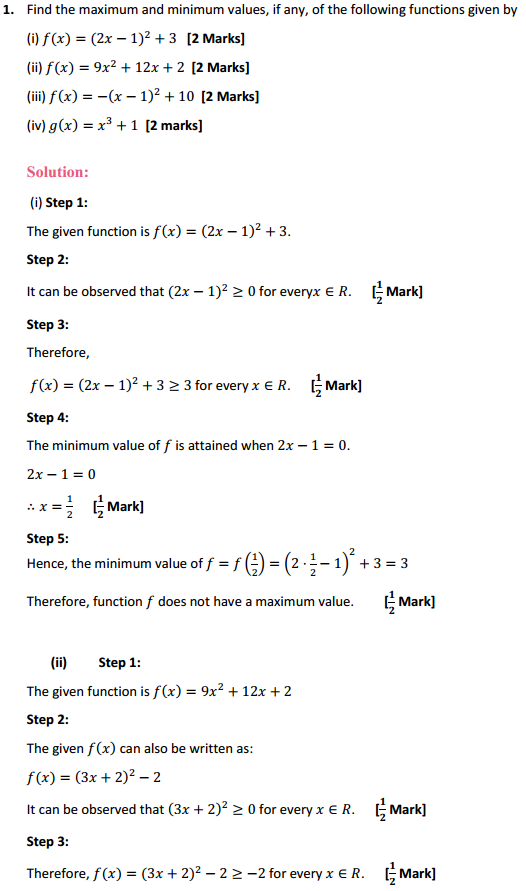
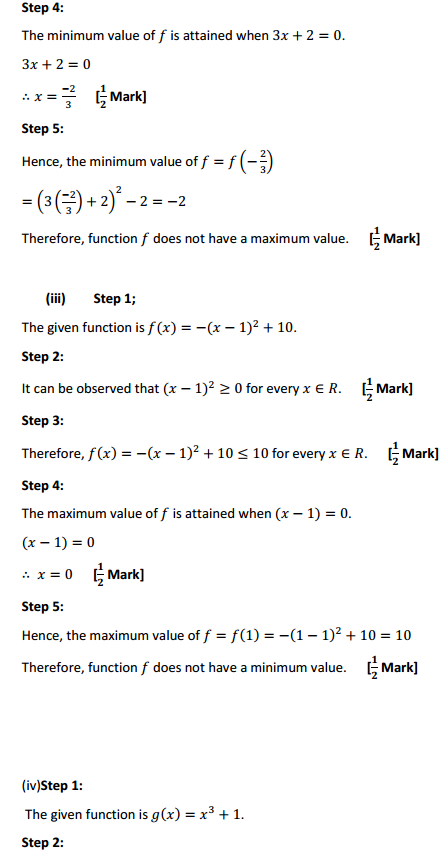

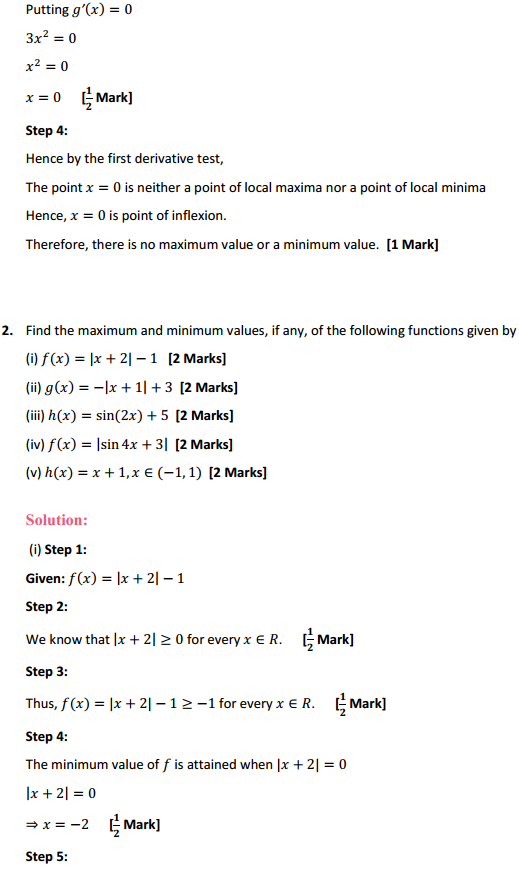

![]()
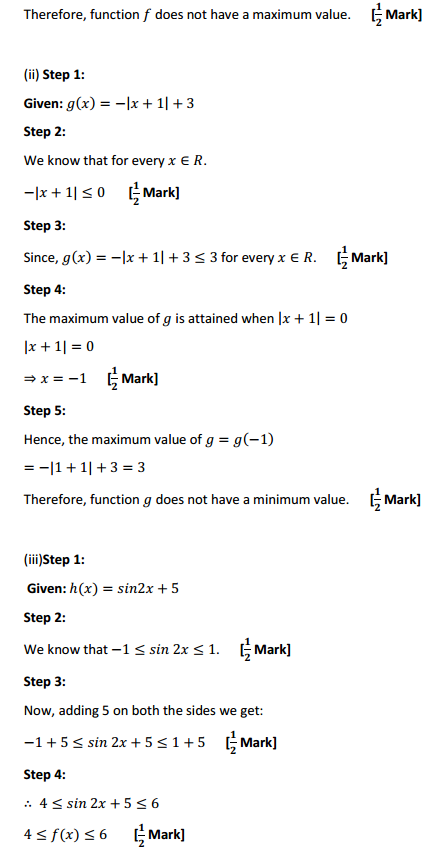

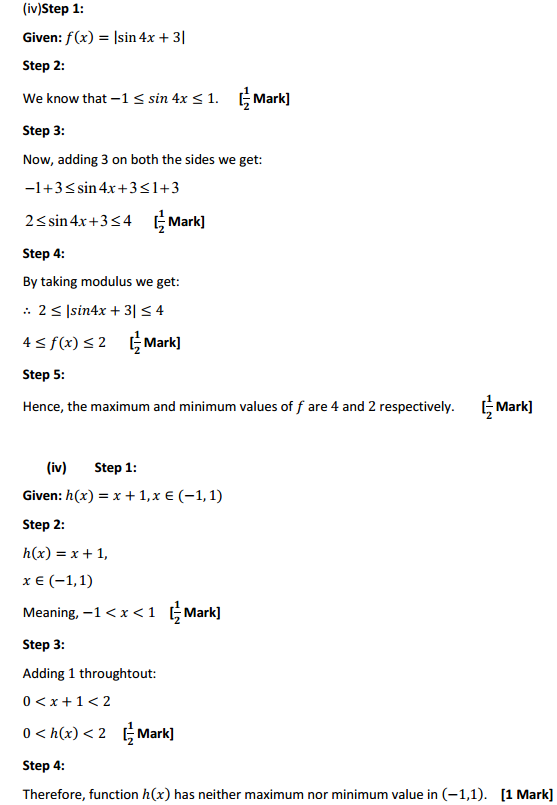
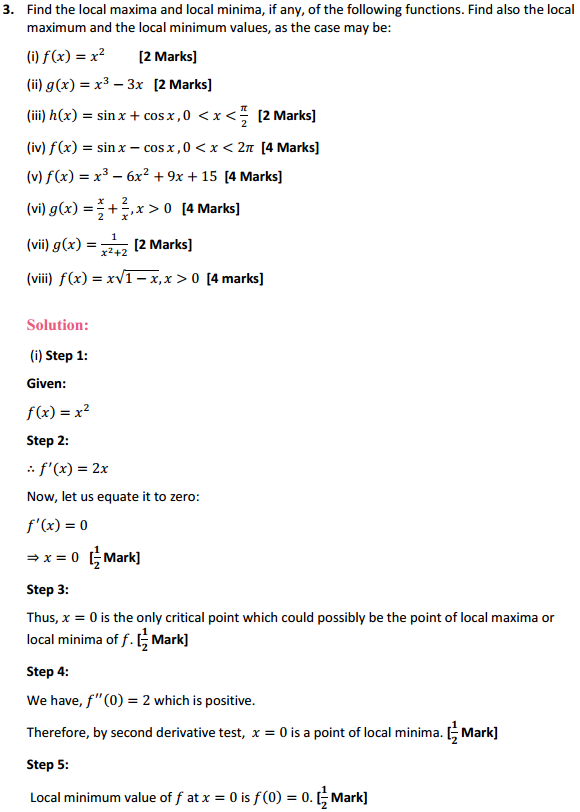

![]()
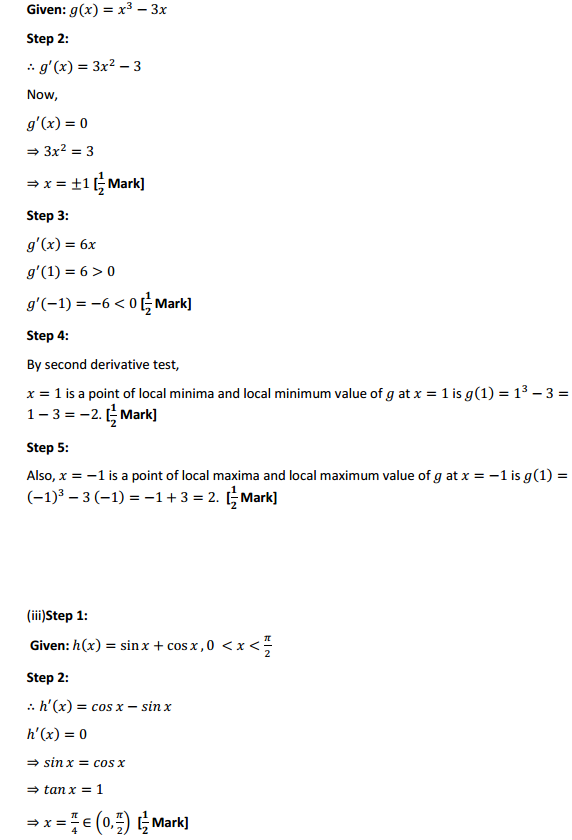

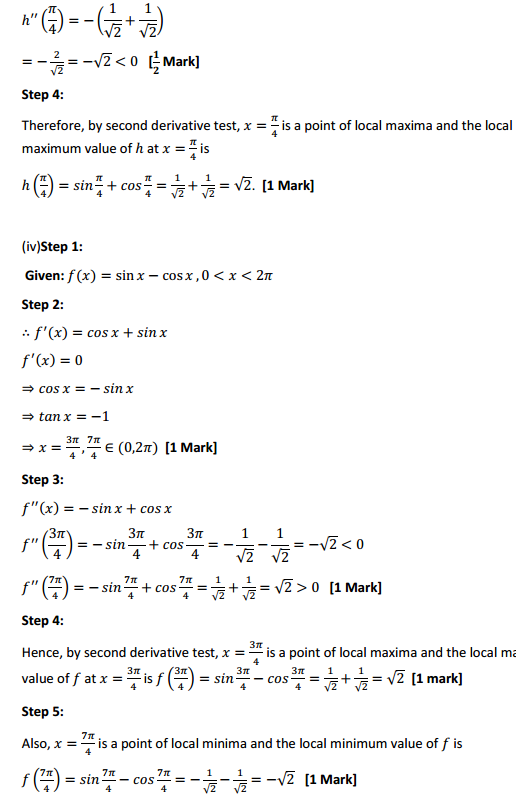

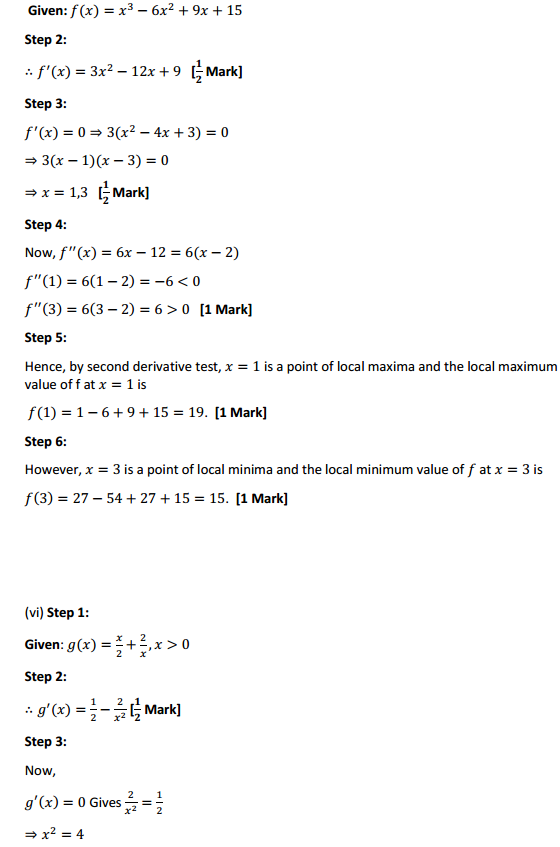
![]()

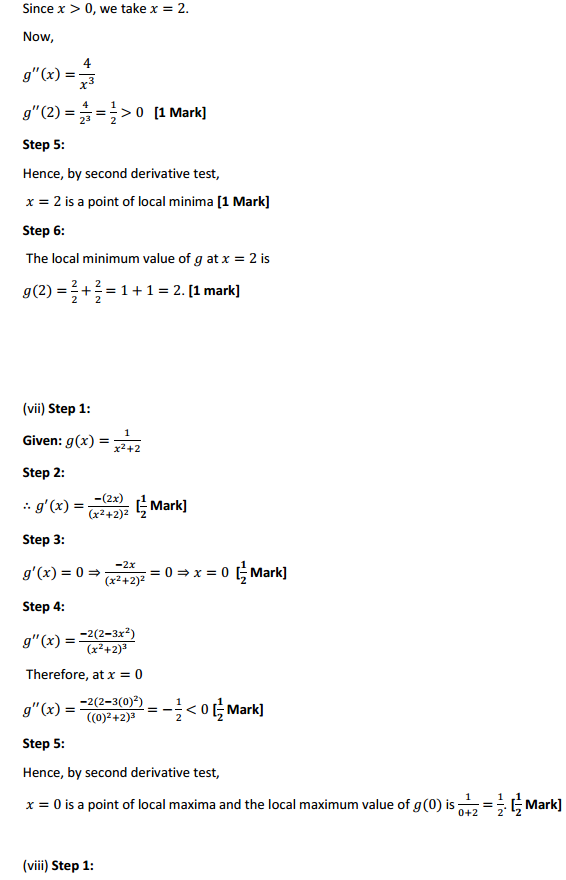
![]()
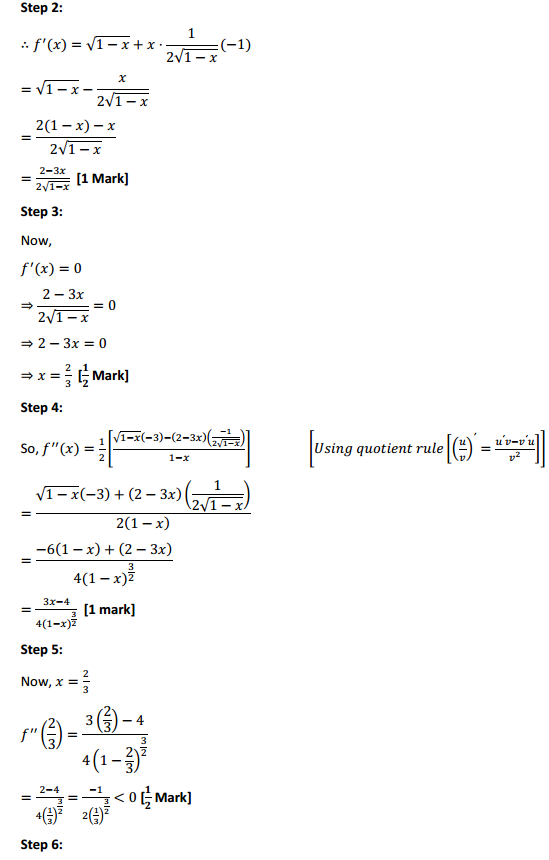

![]()
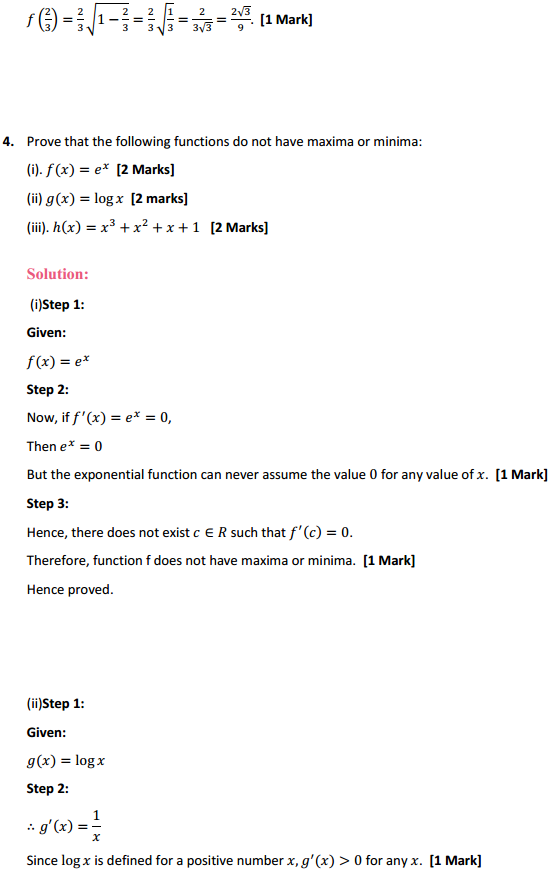

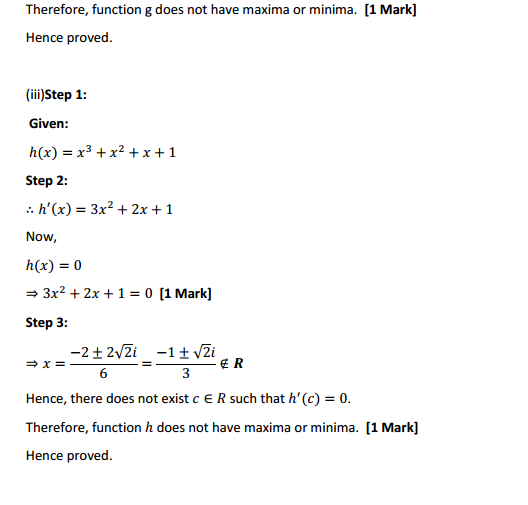
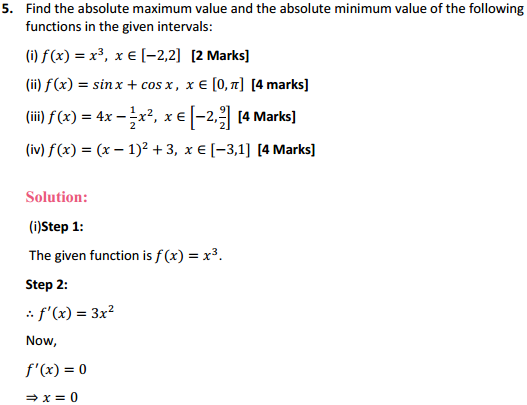
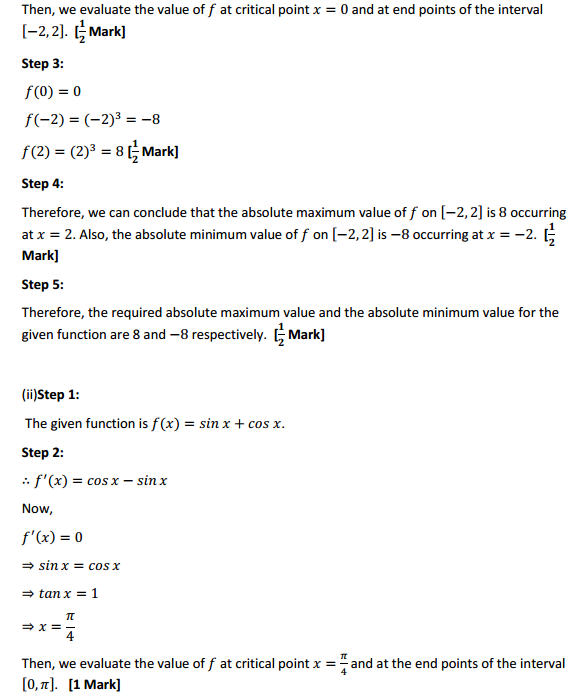
![]()
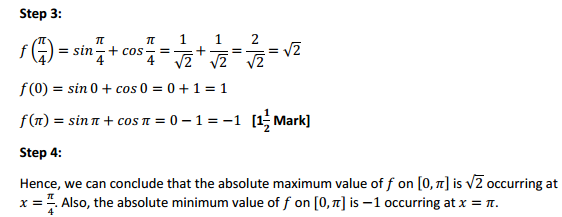
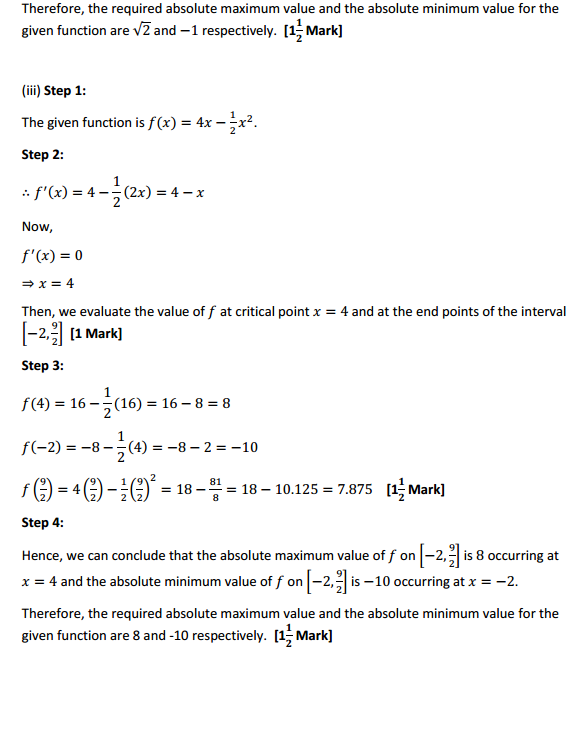
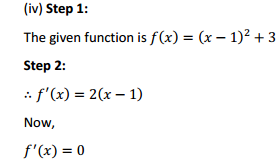
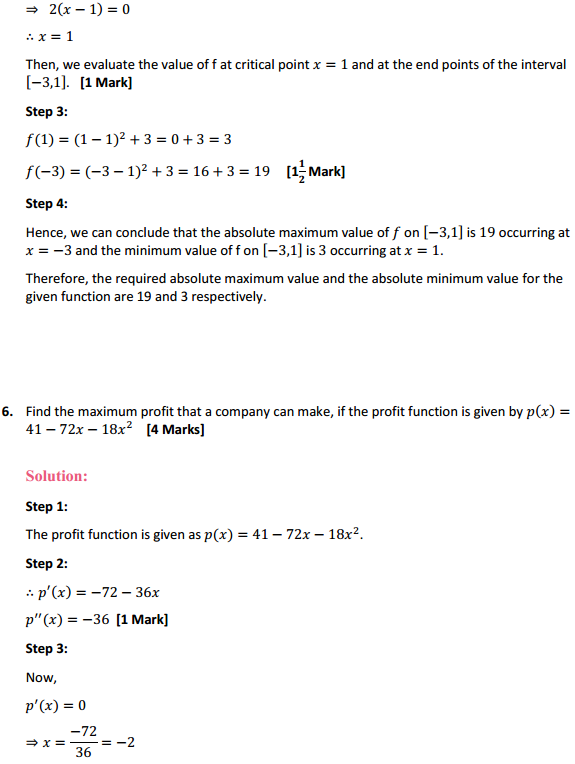

![]()
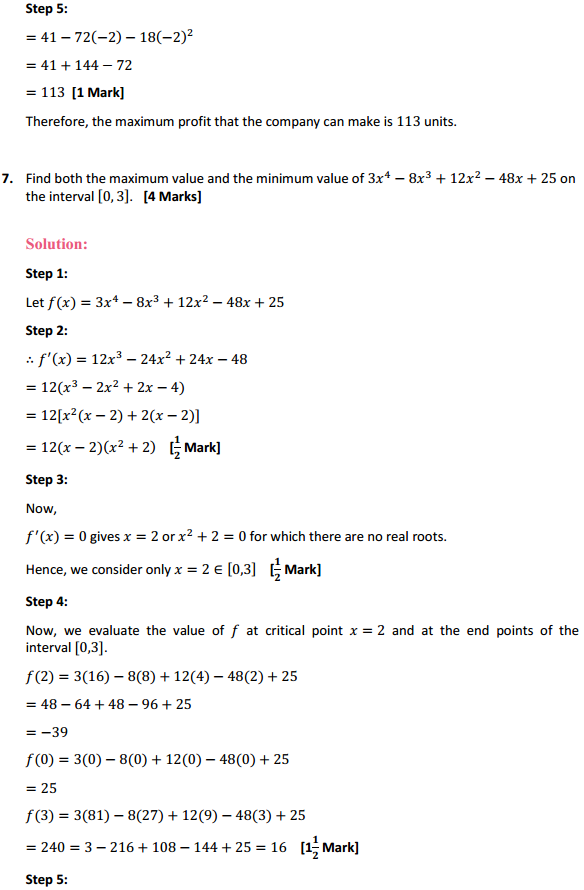
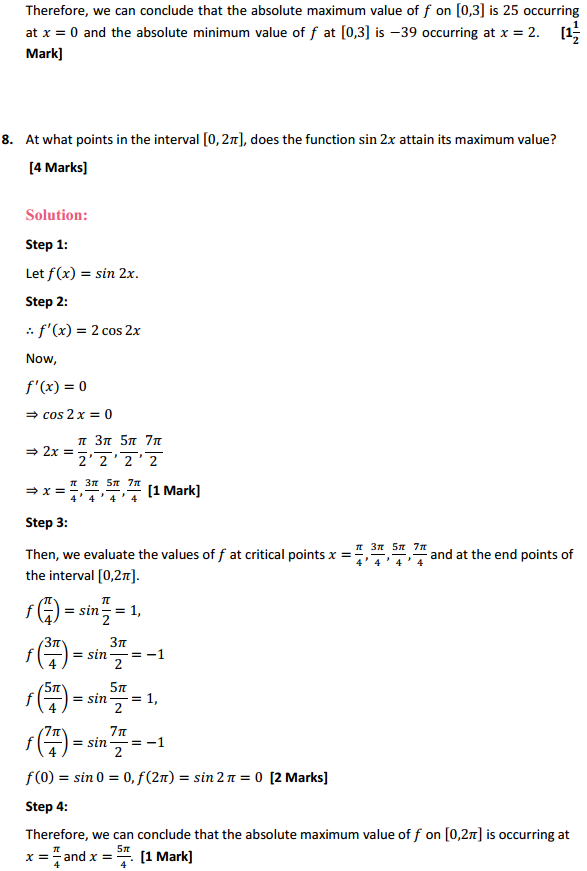
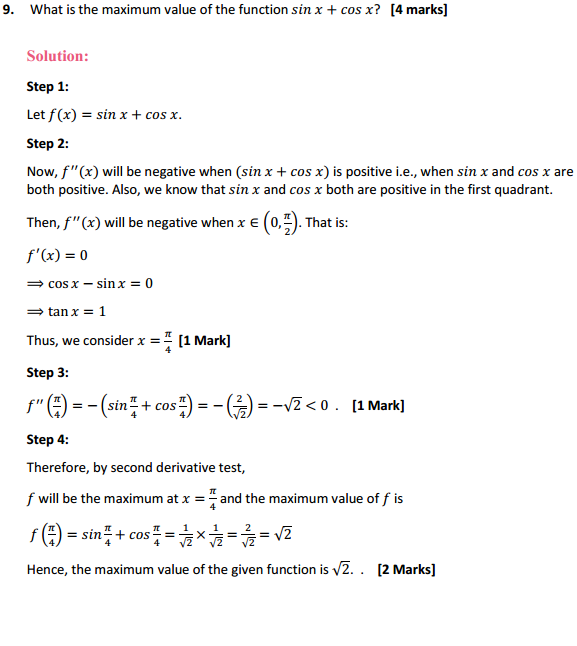
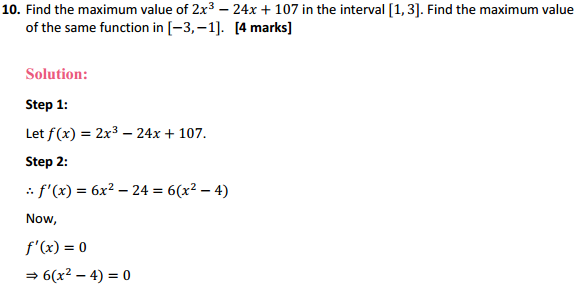
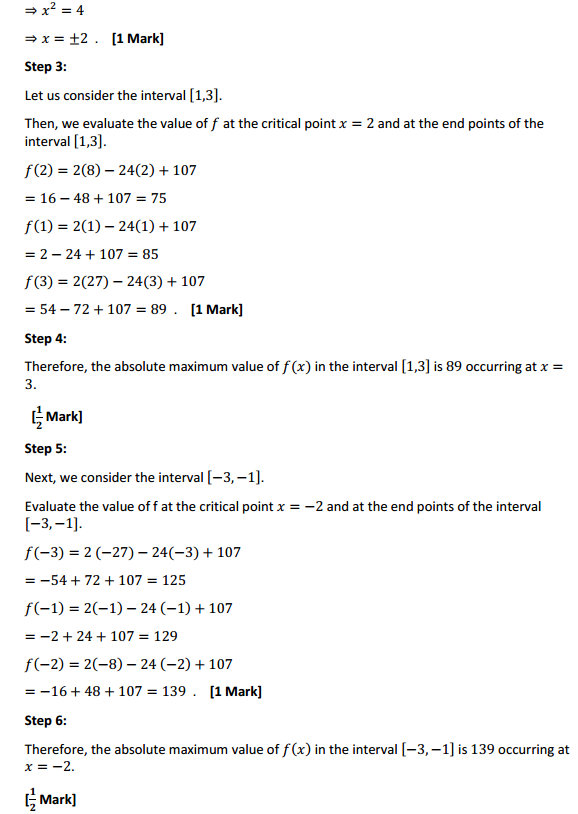
![]()
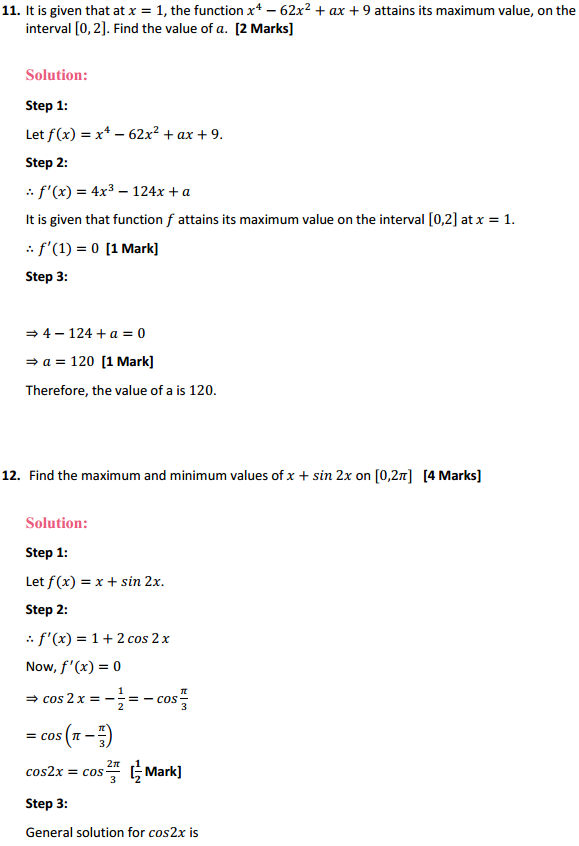
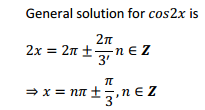
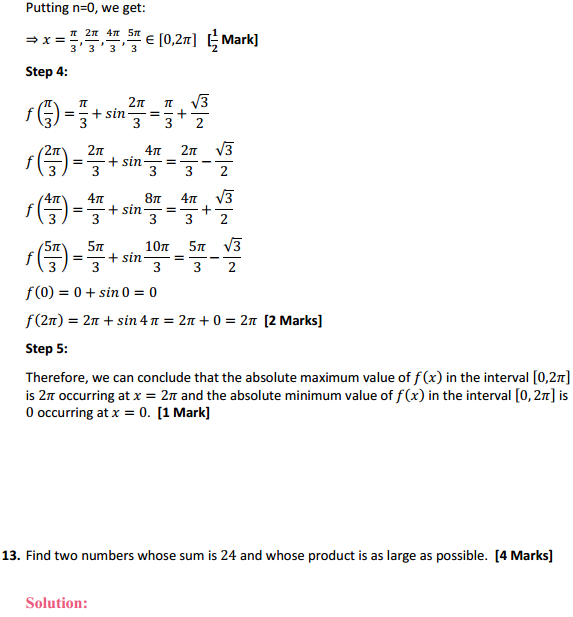
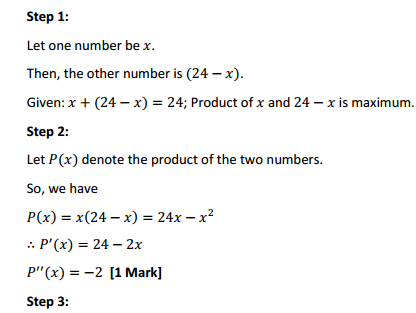
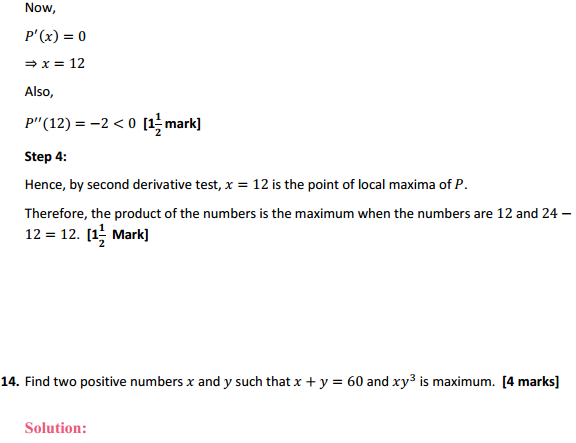
![]()
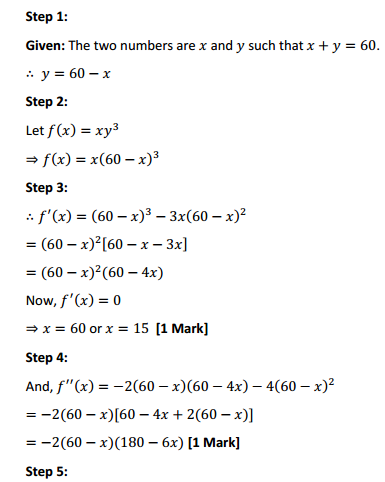
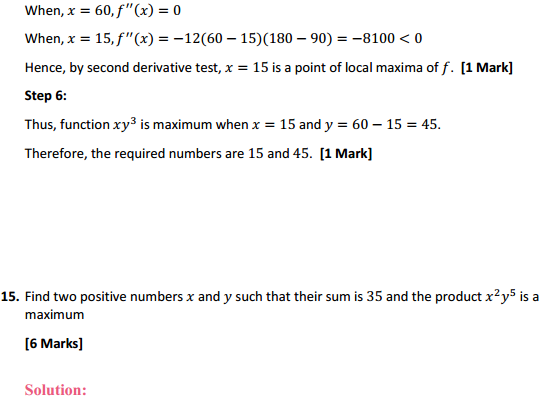

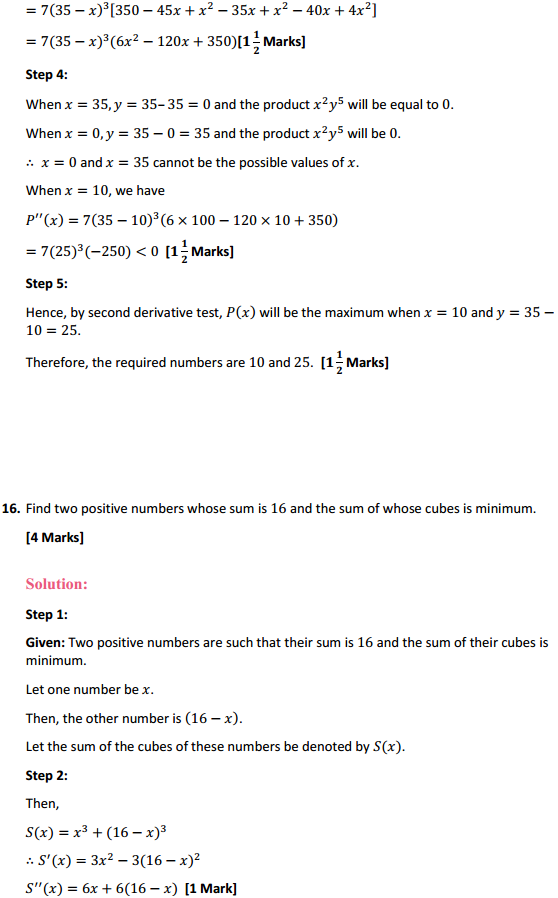
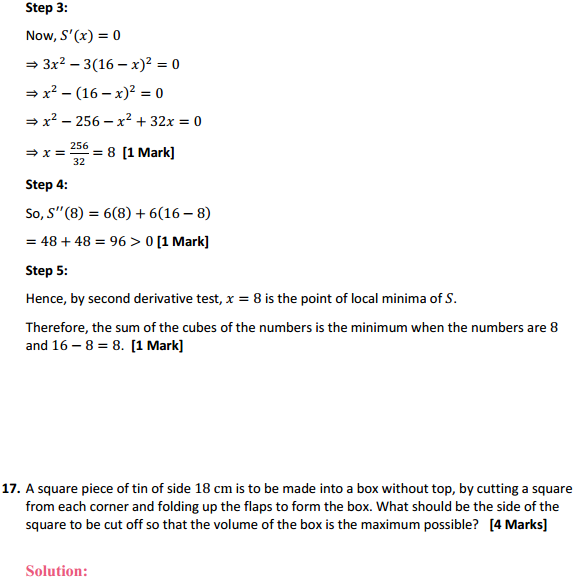
![]()
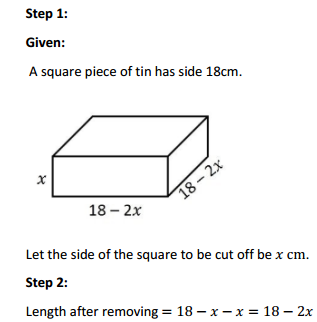
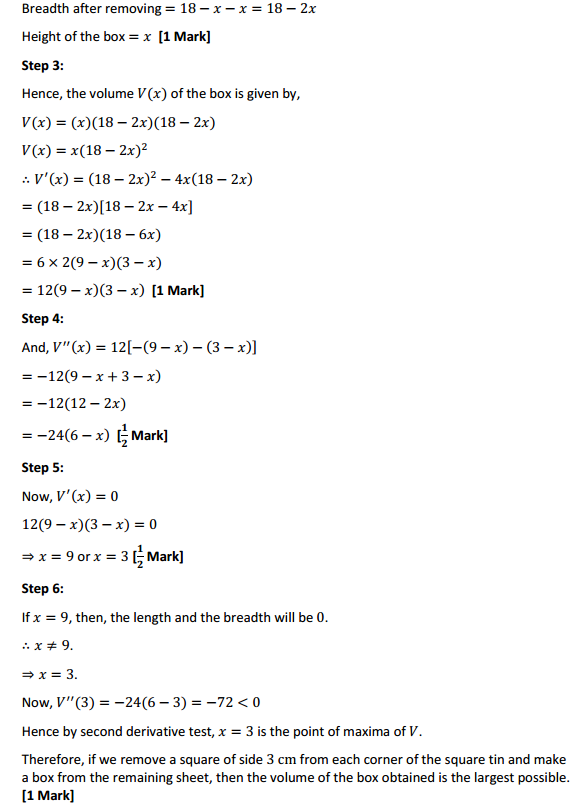
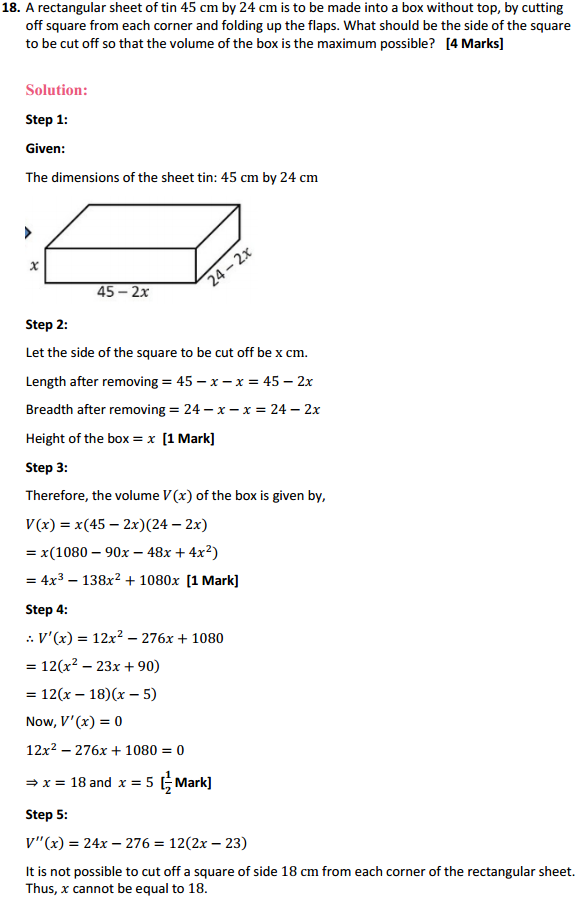
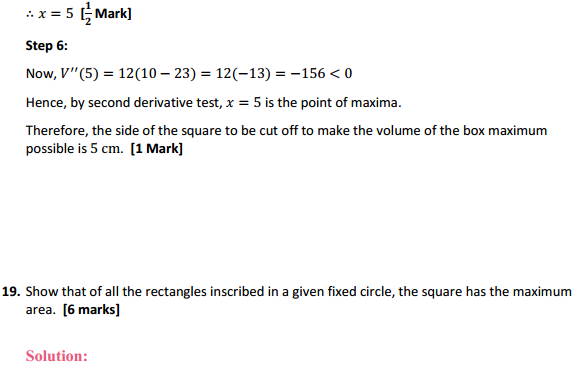
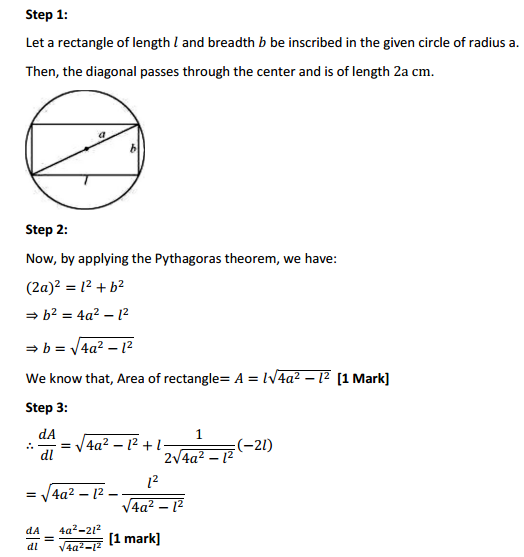
![]()
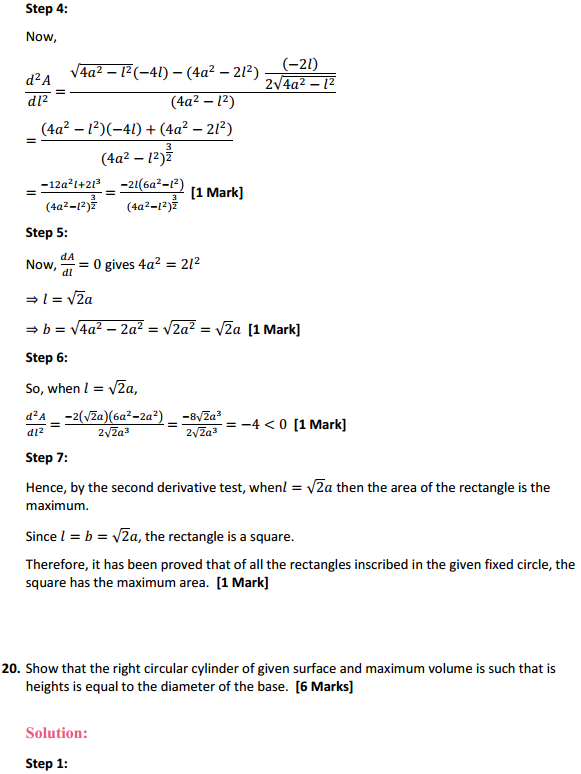
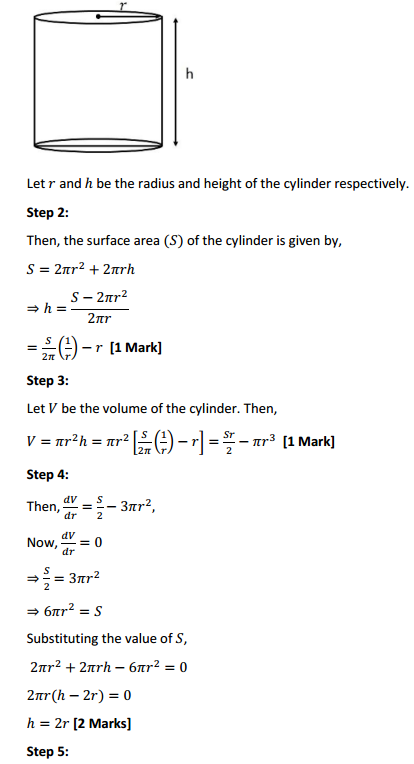

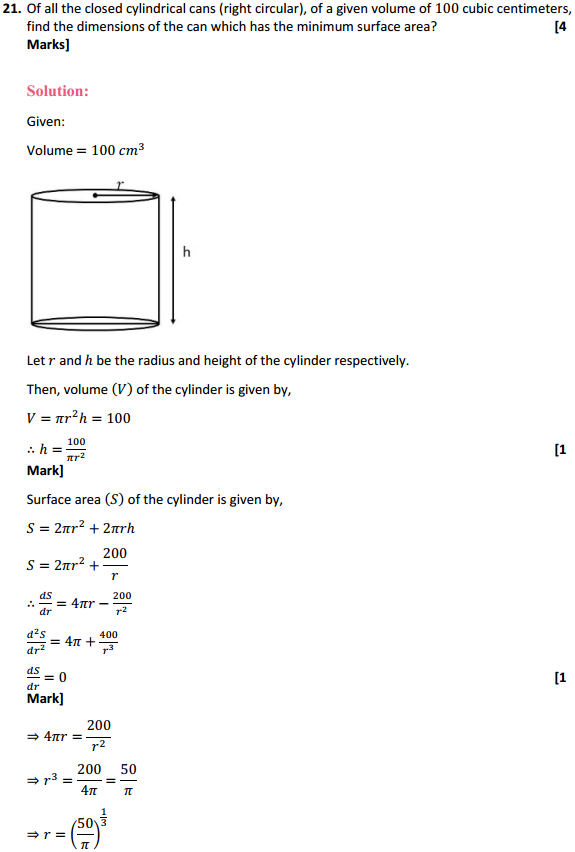
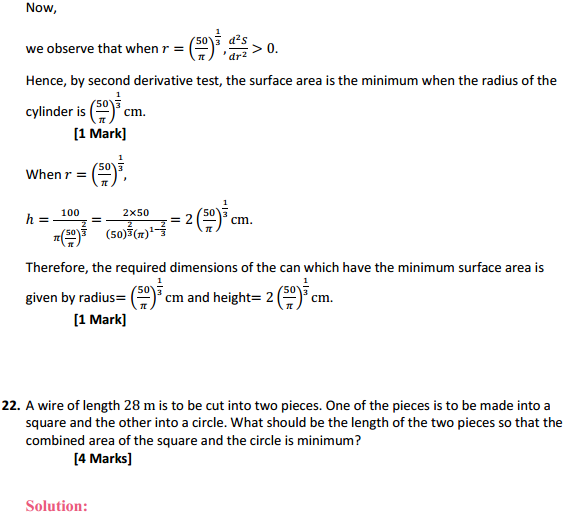
![]()
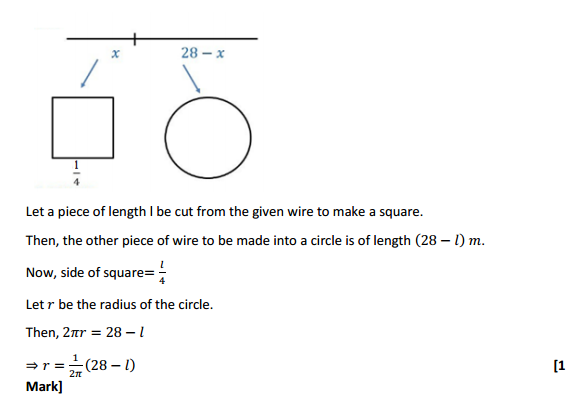
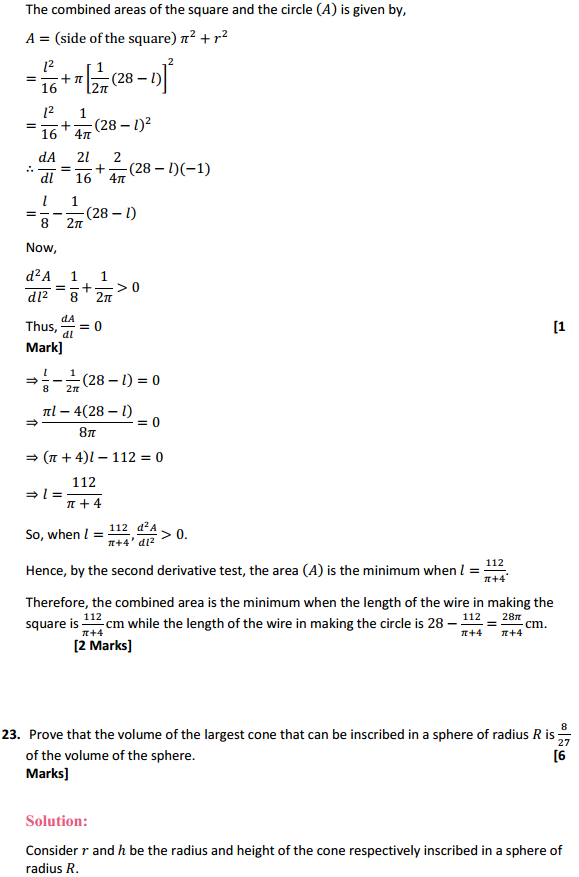
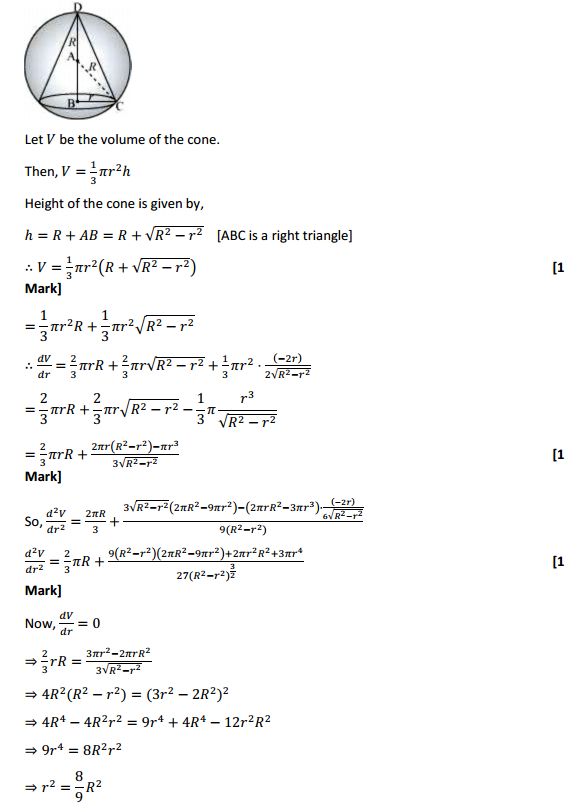

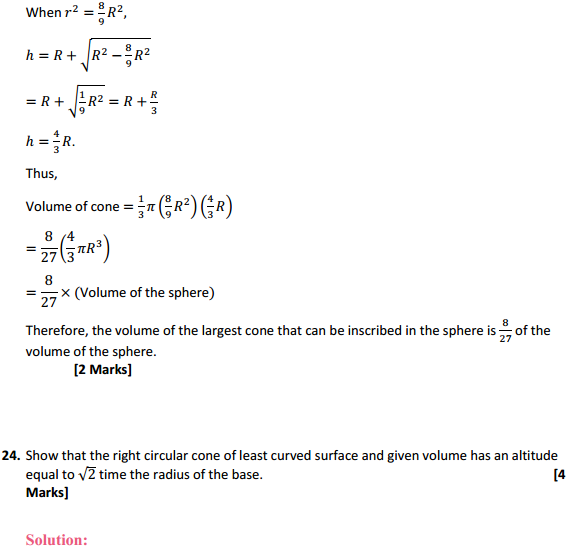
![]()
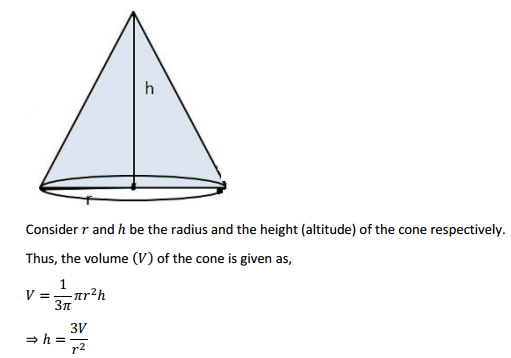
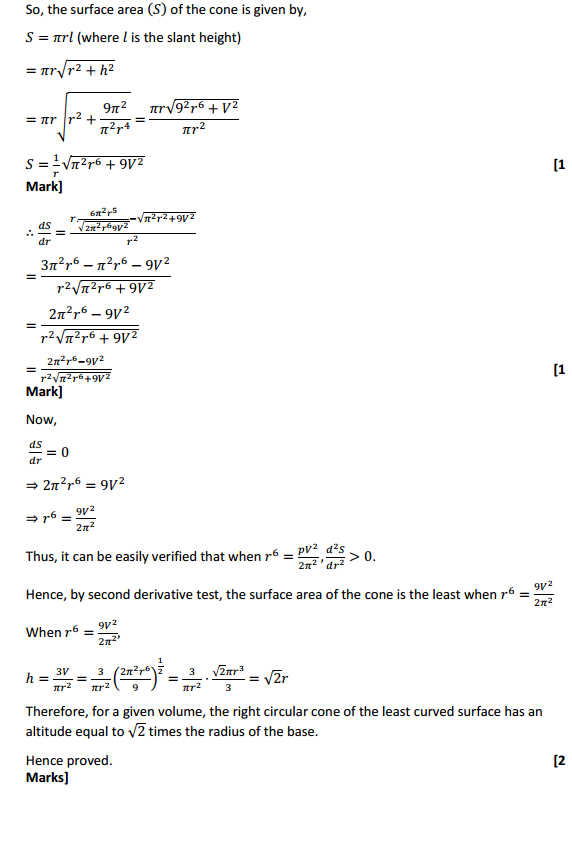

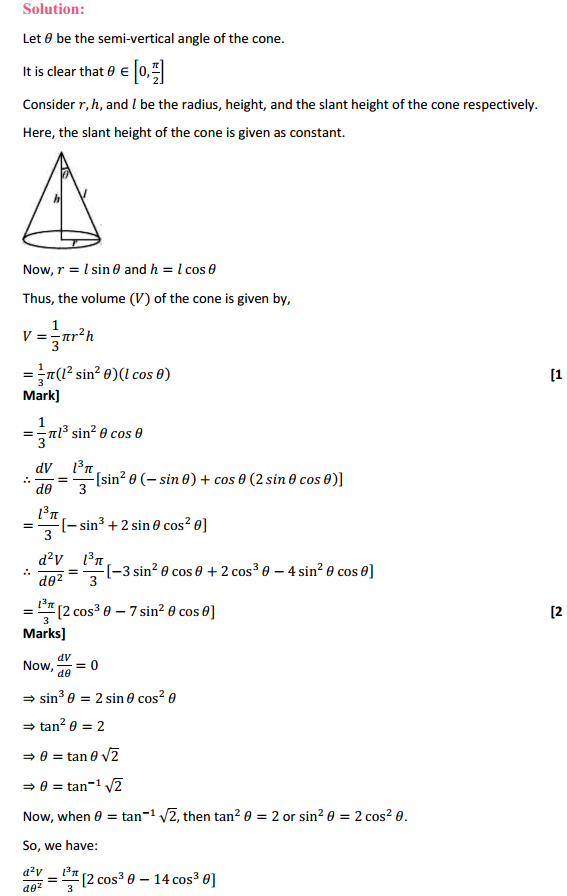
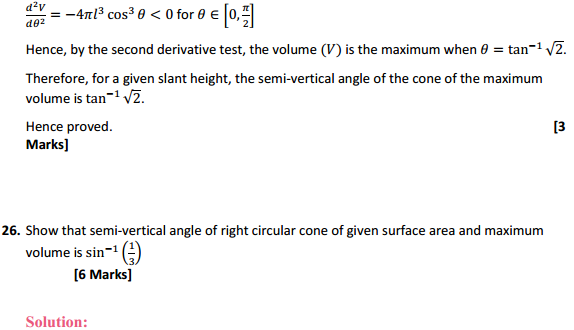
![]()
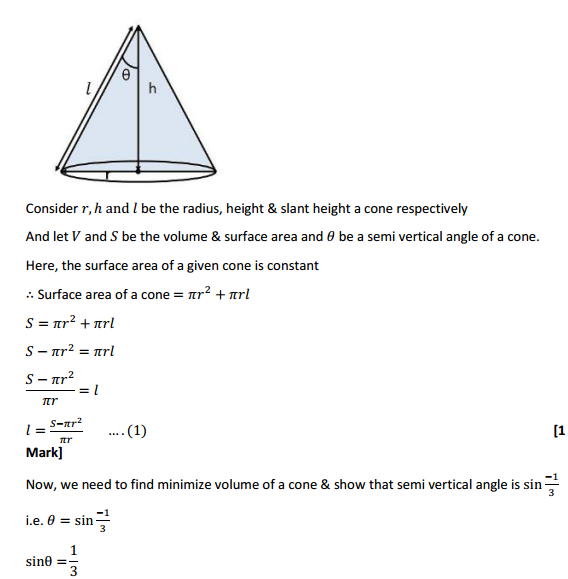
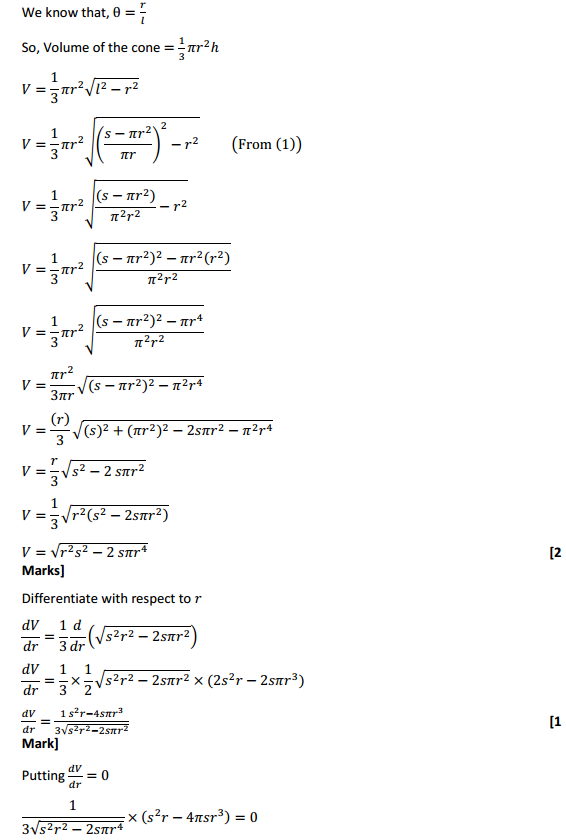

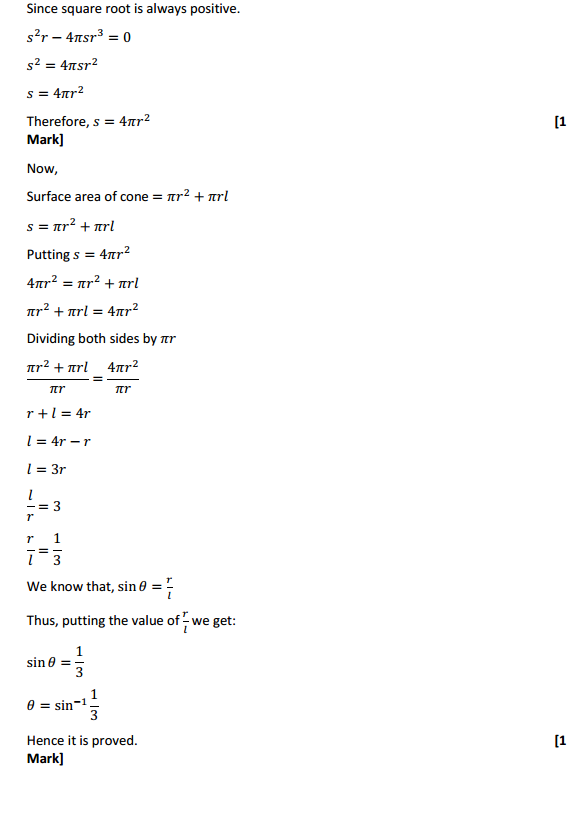

![]()
